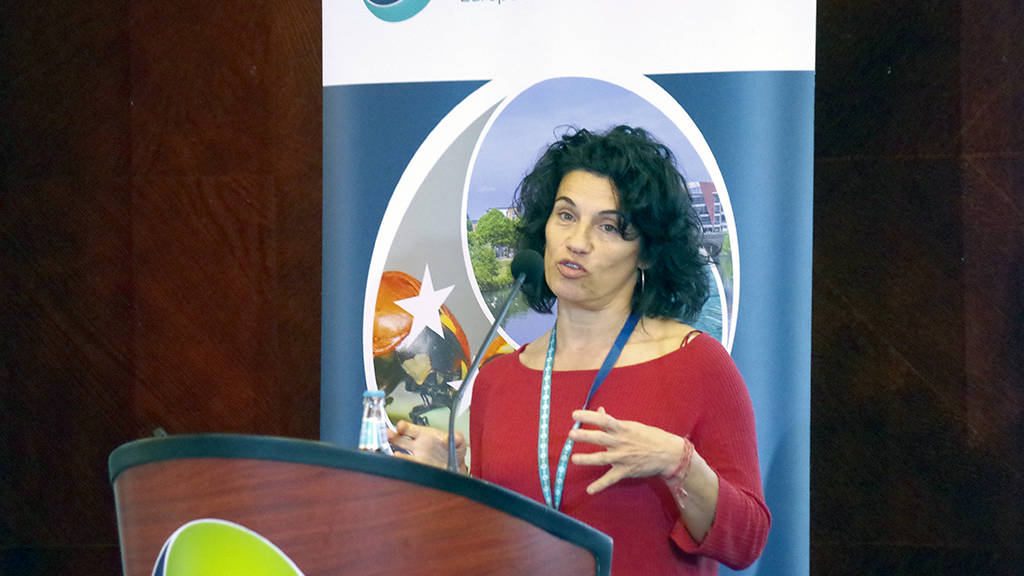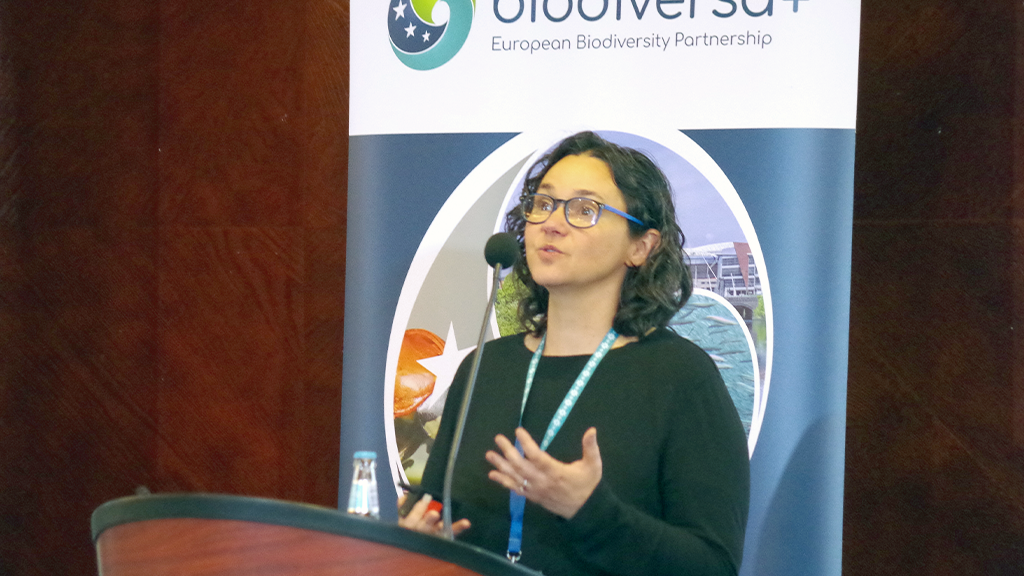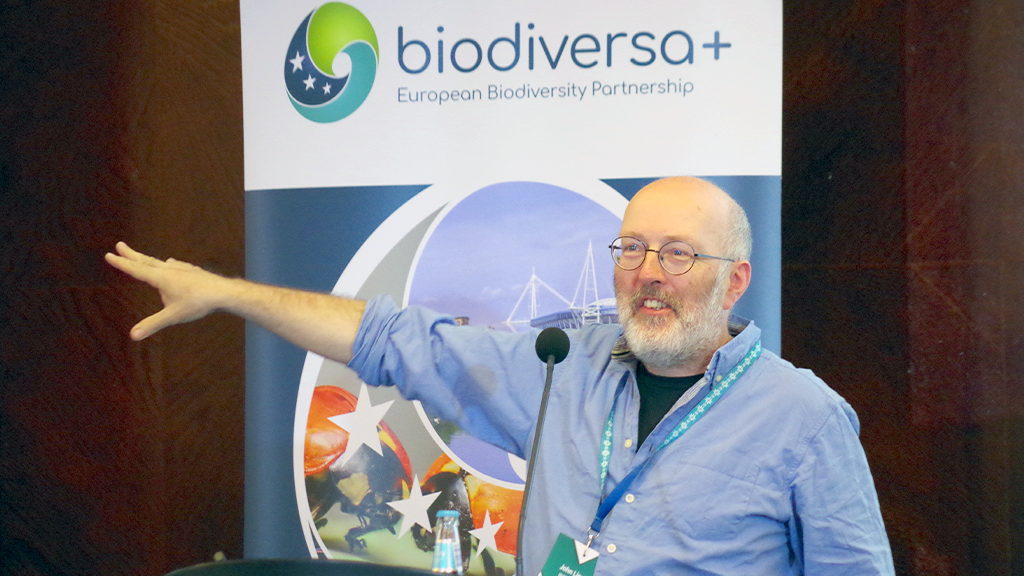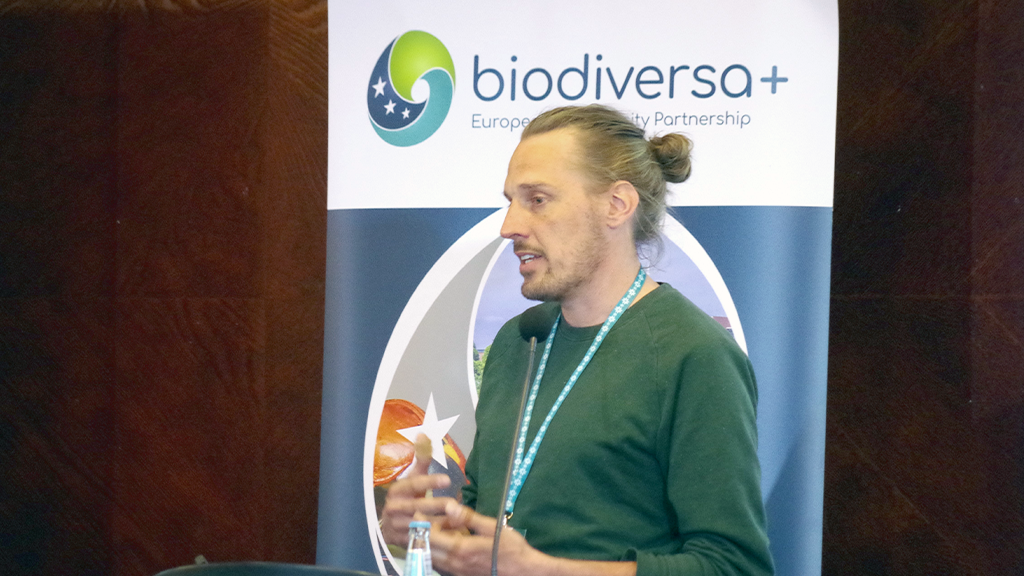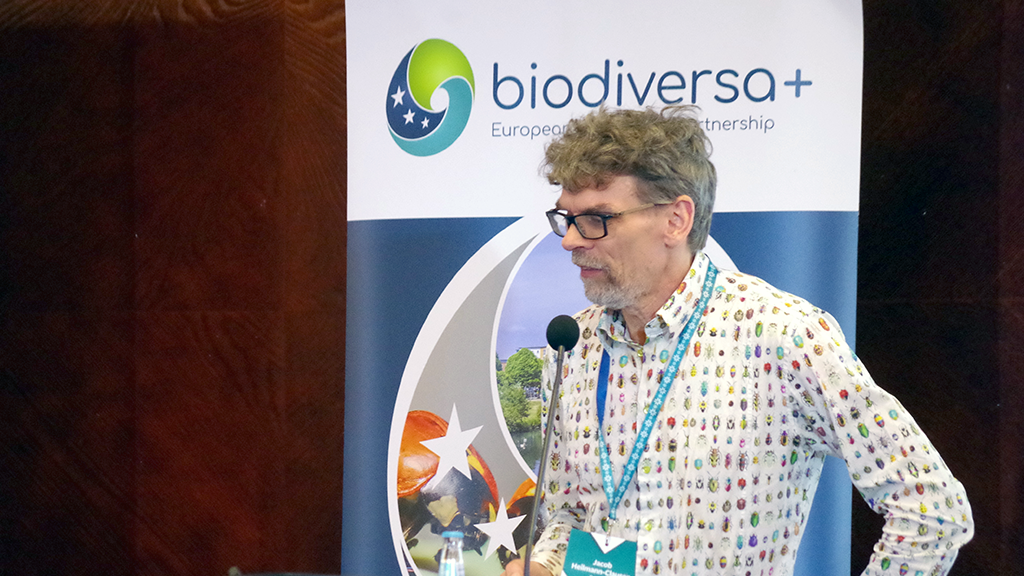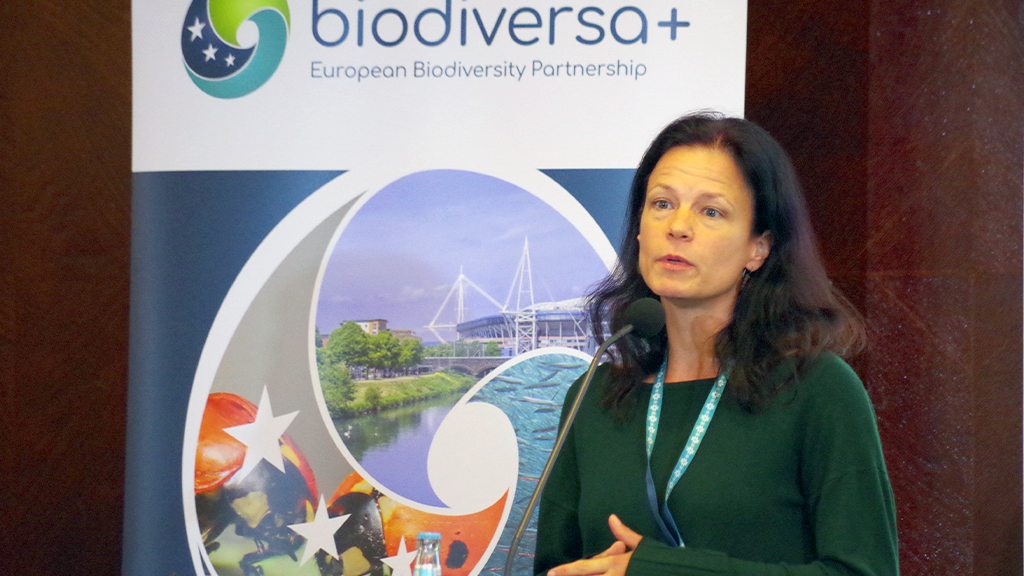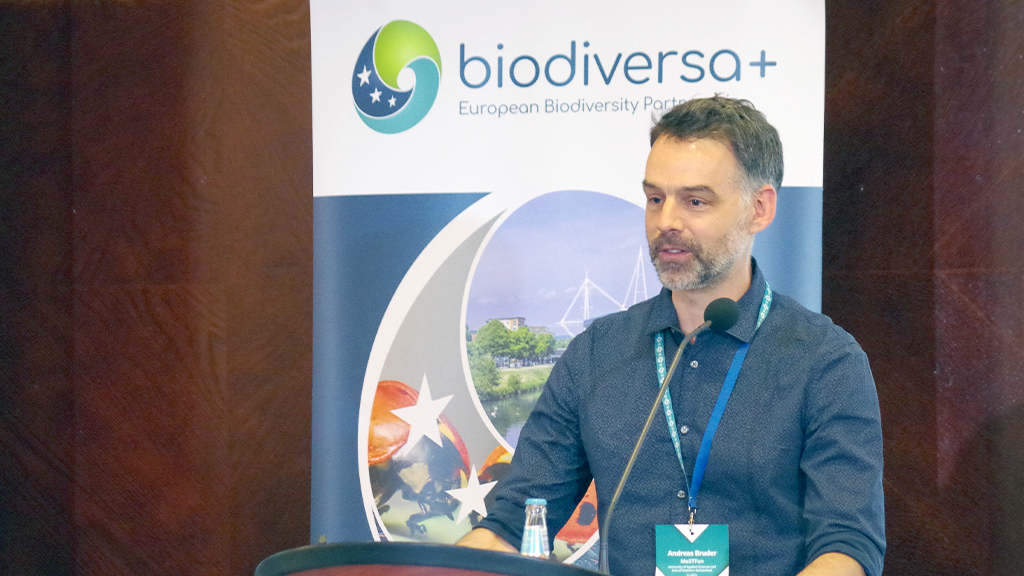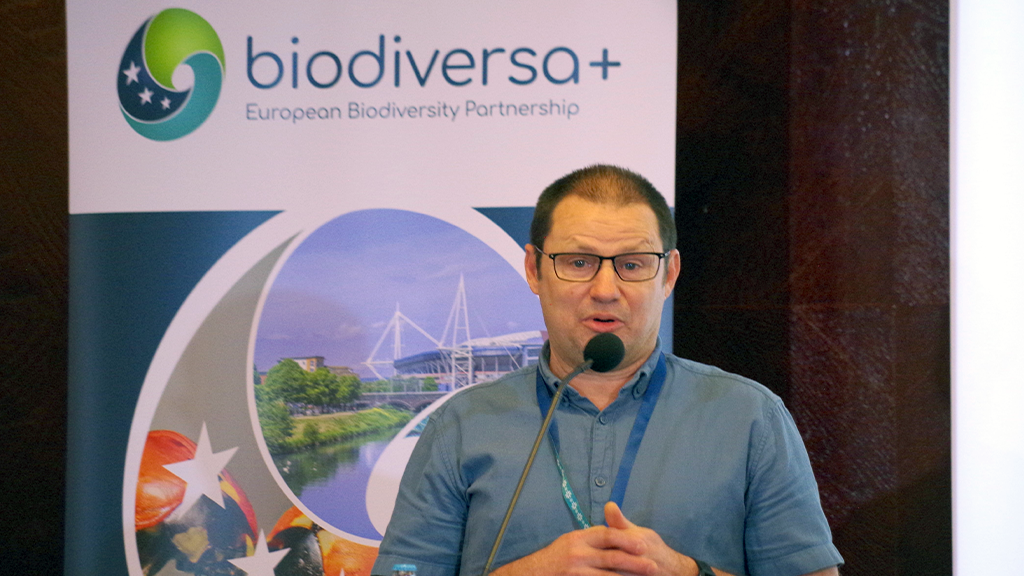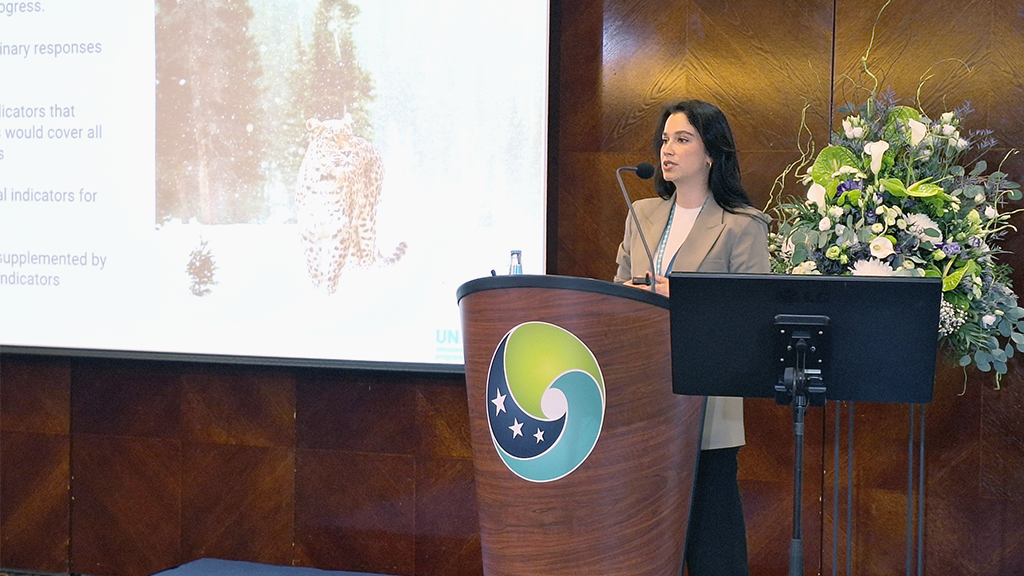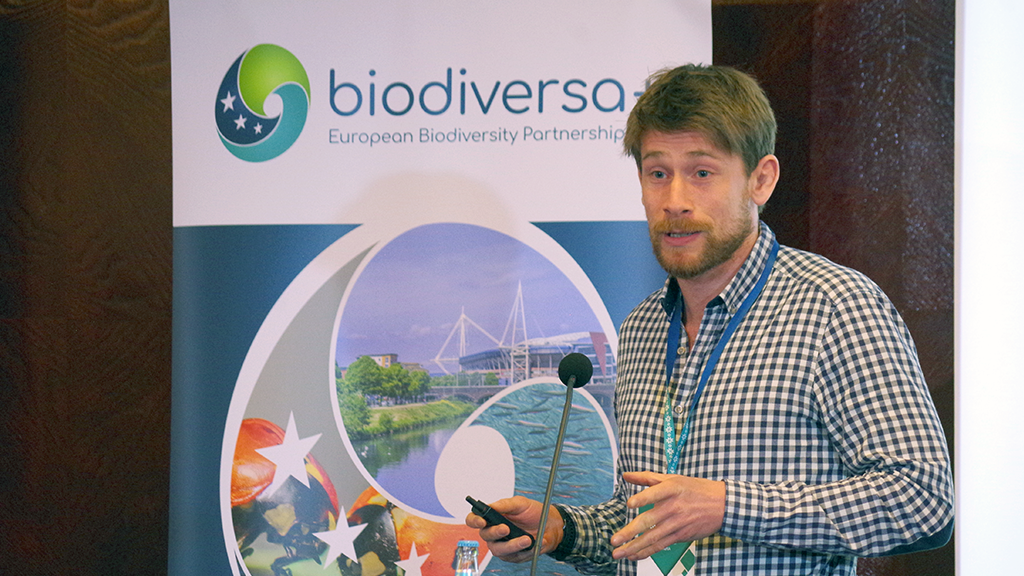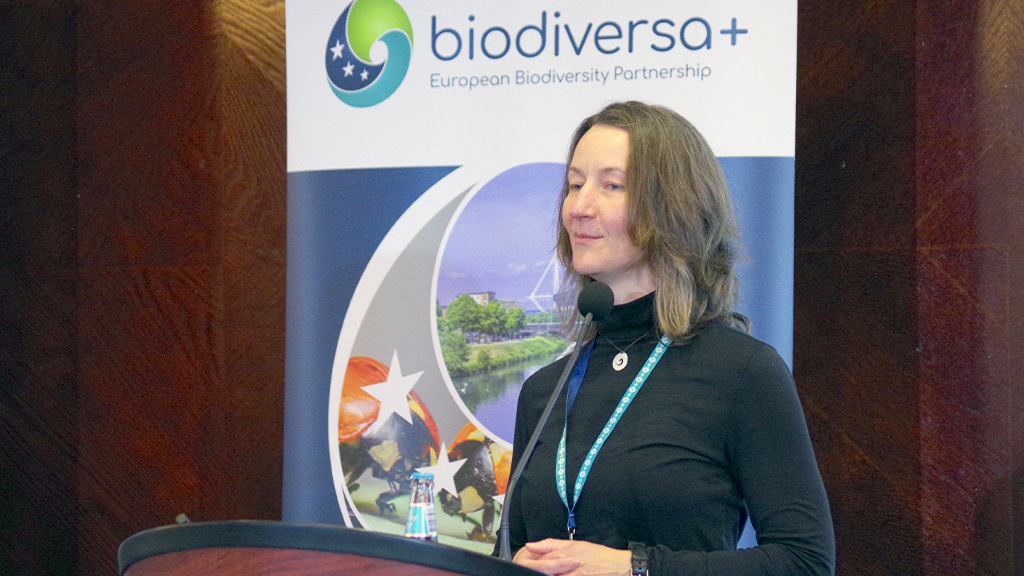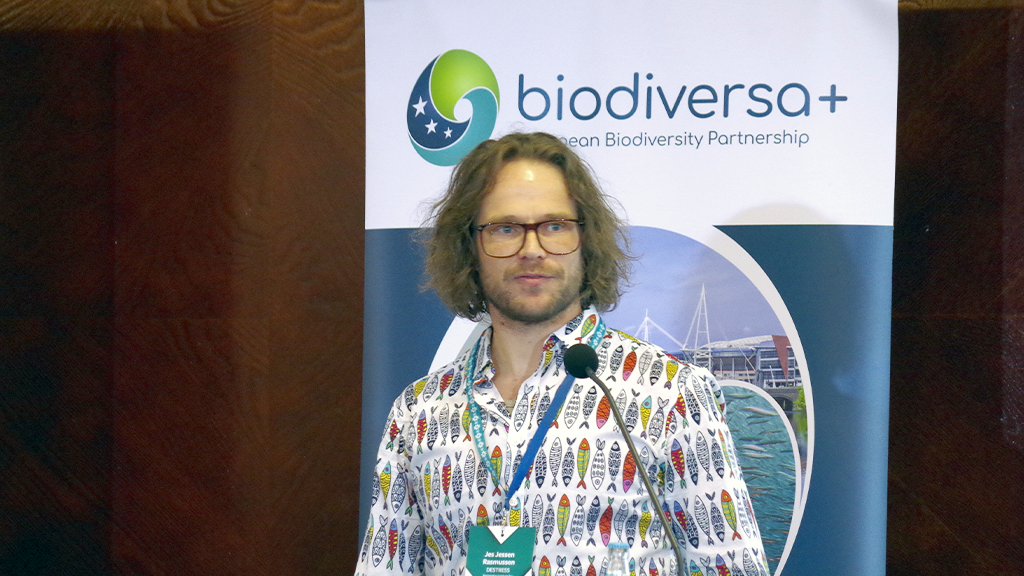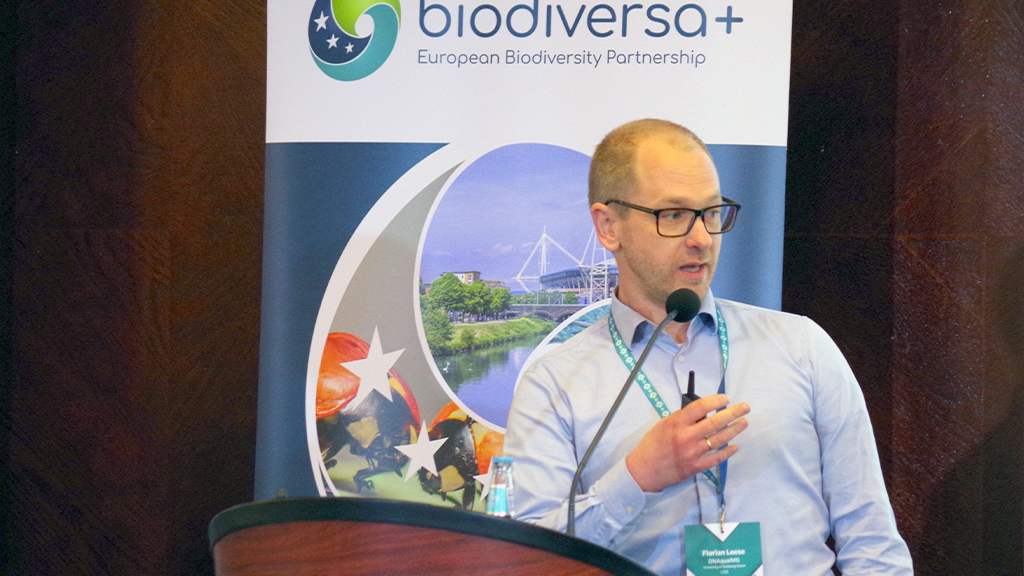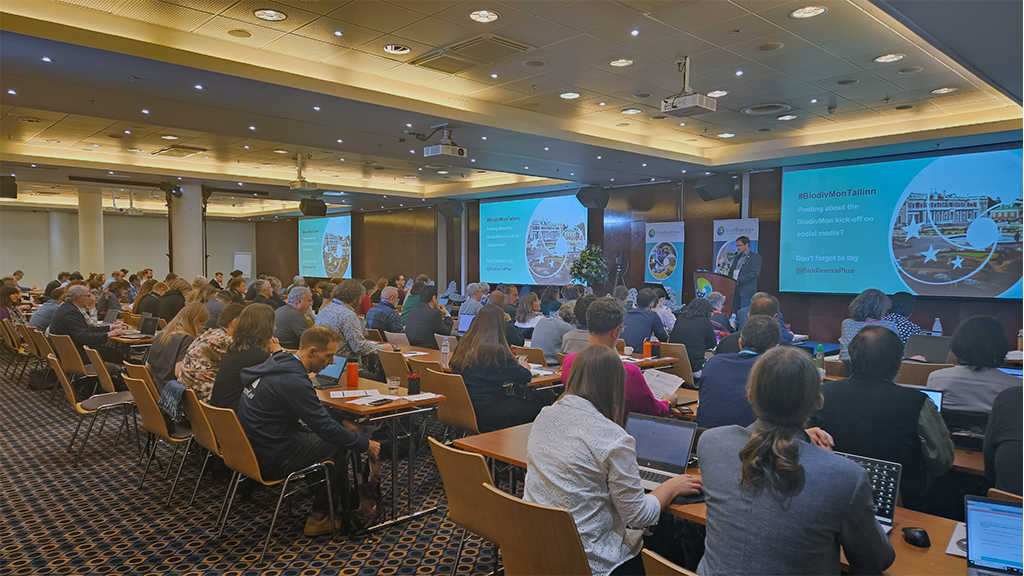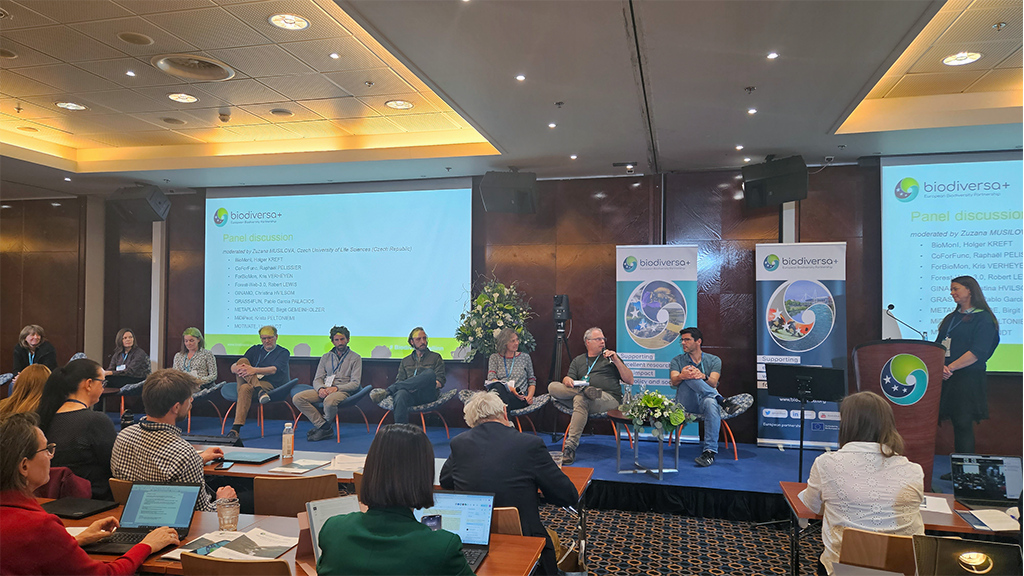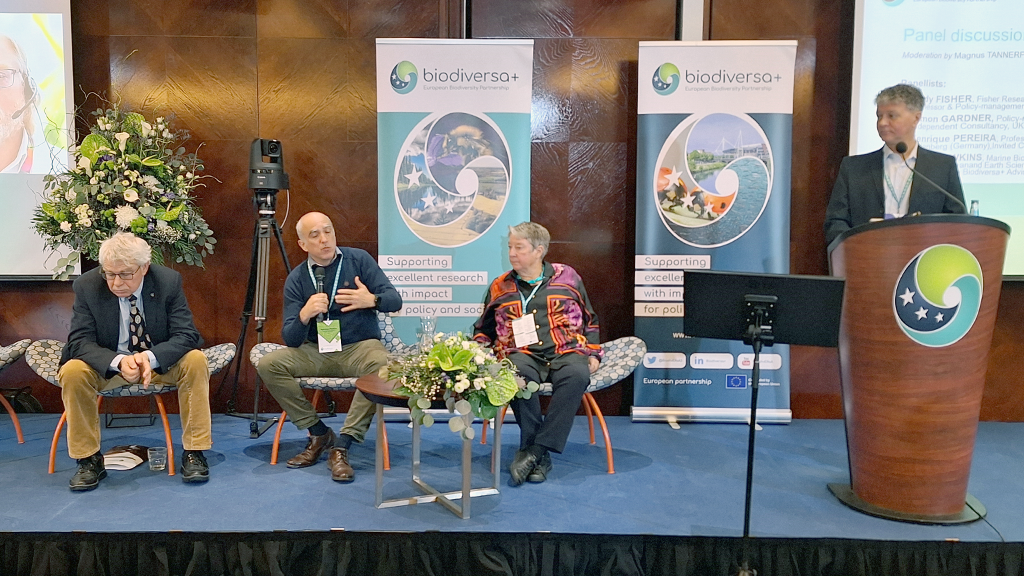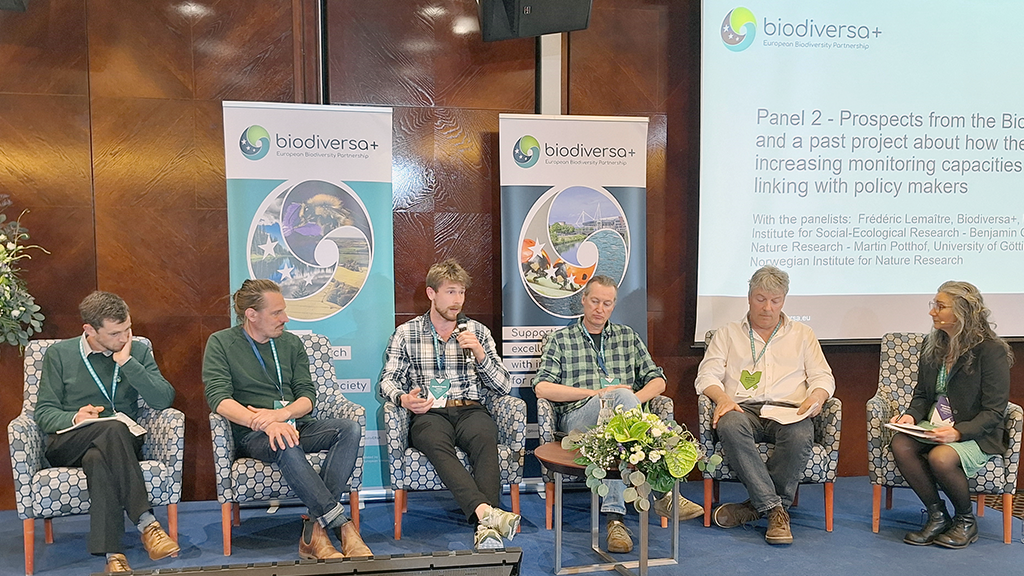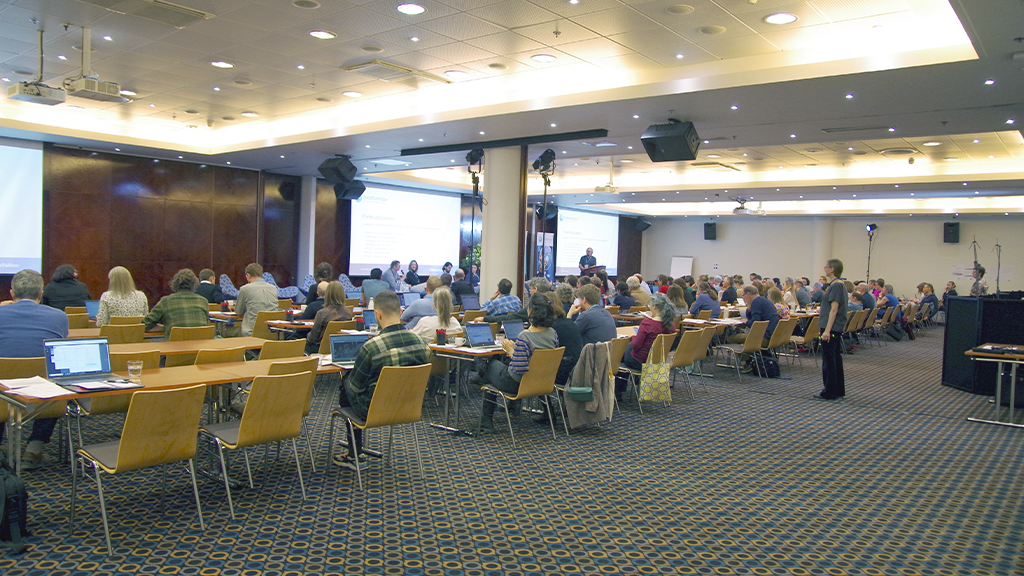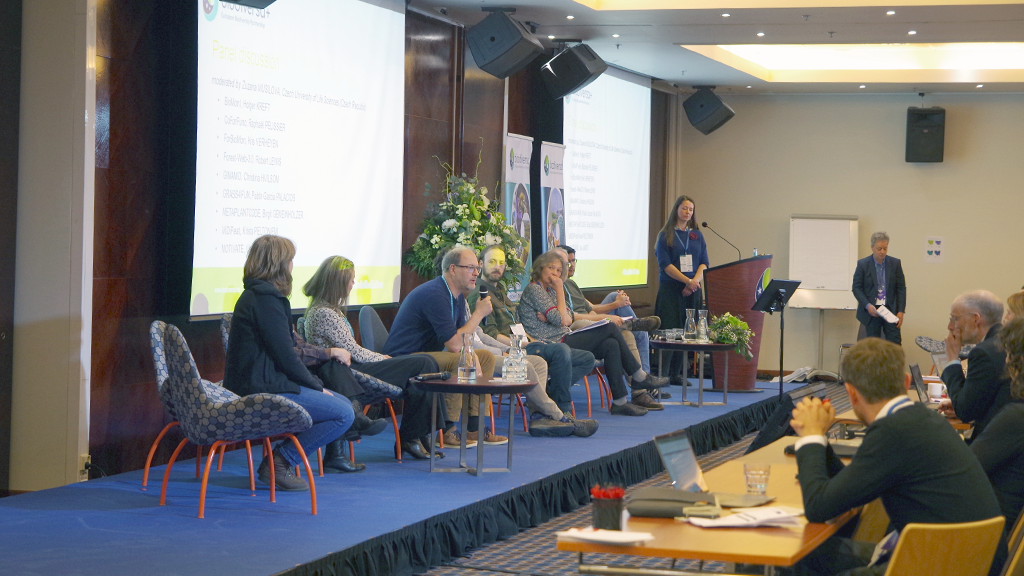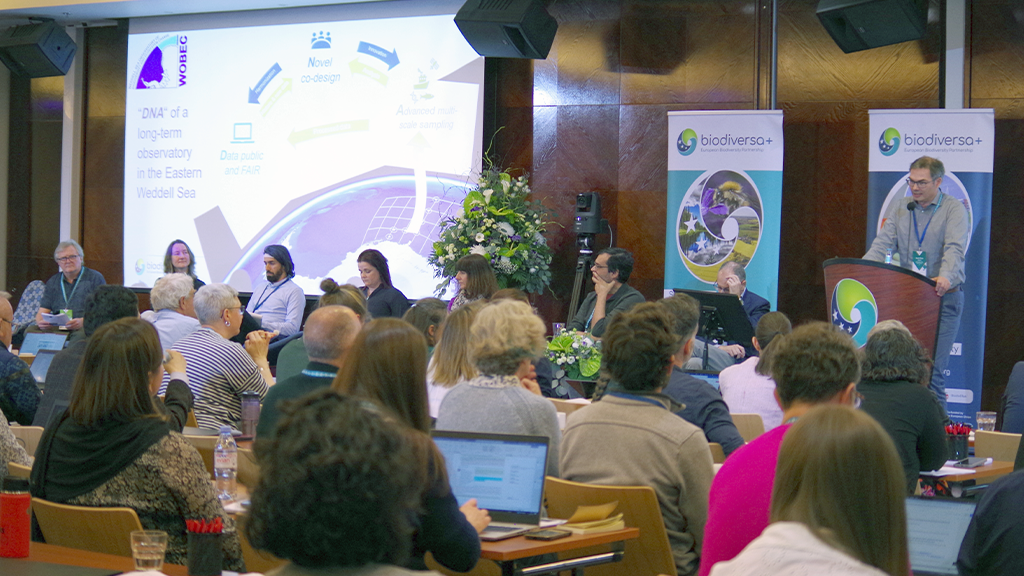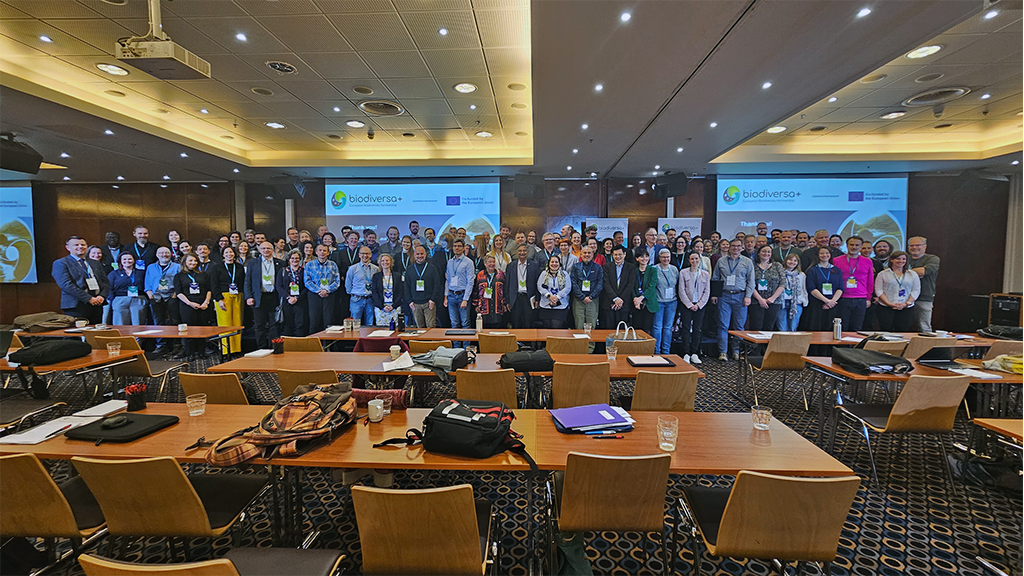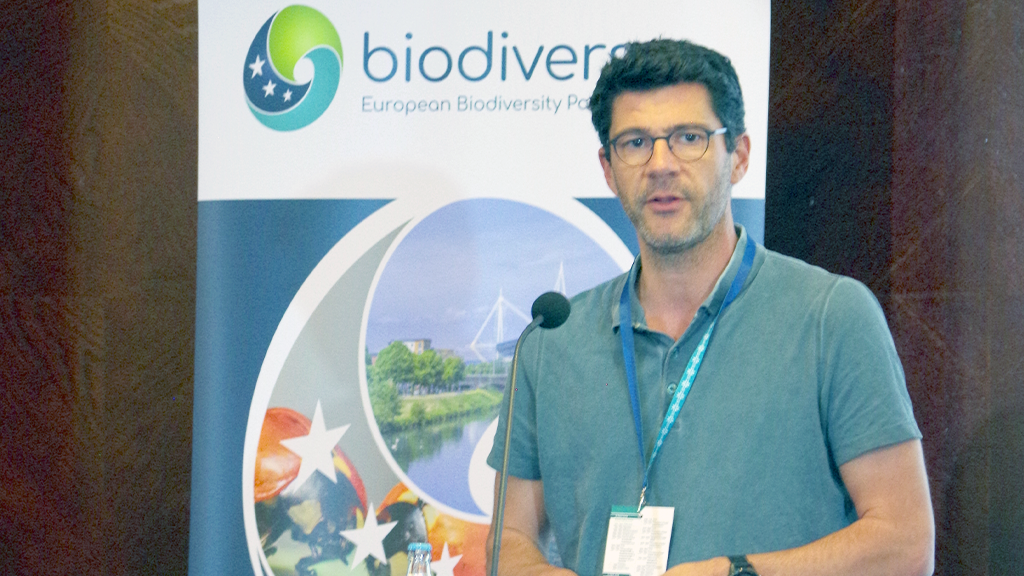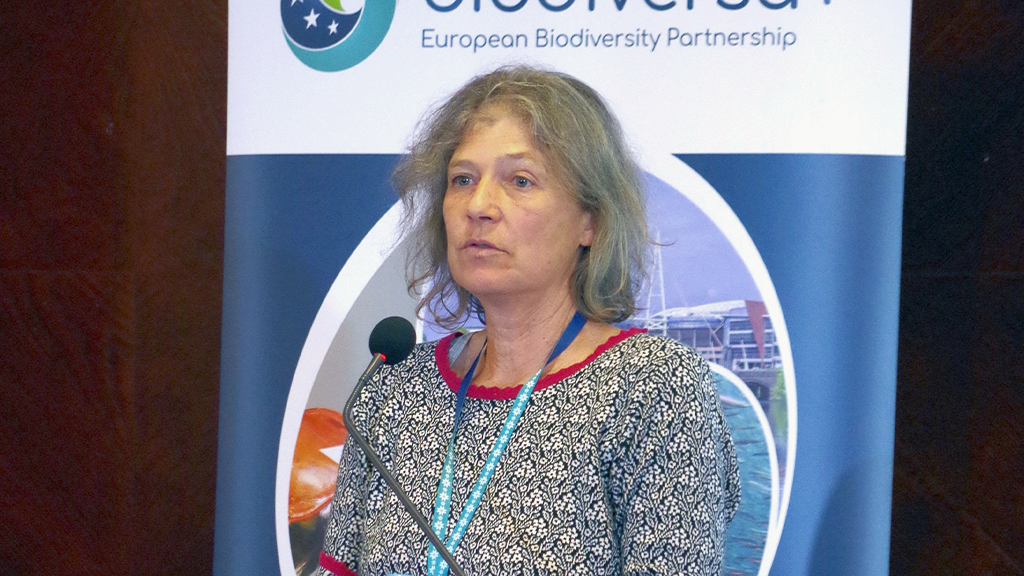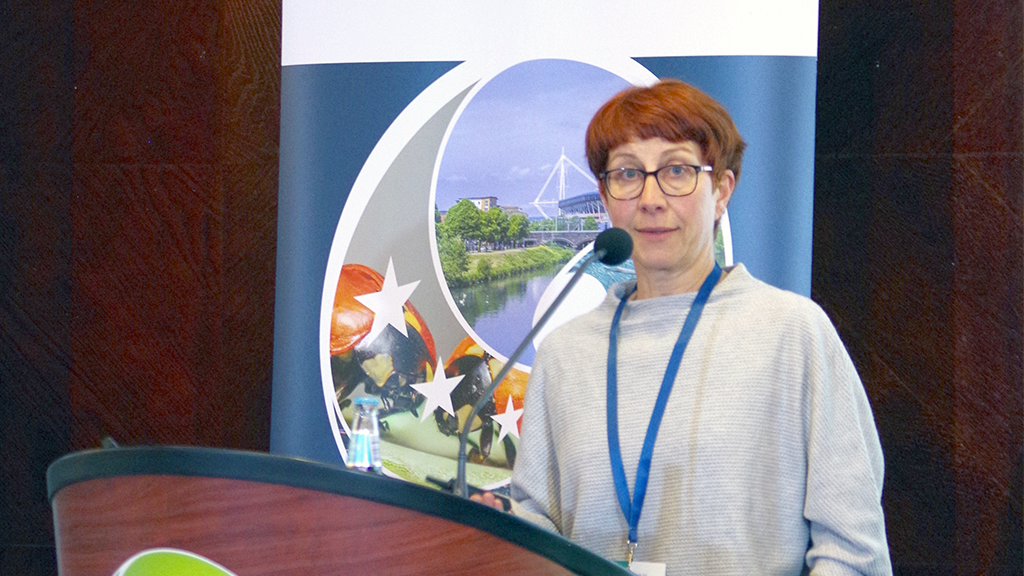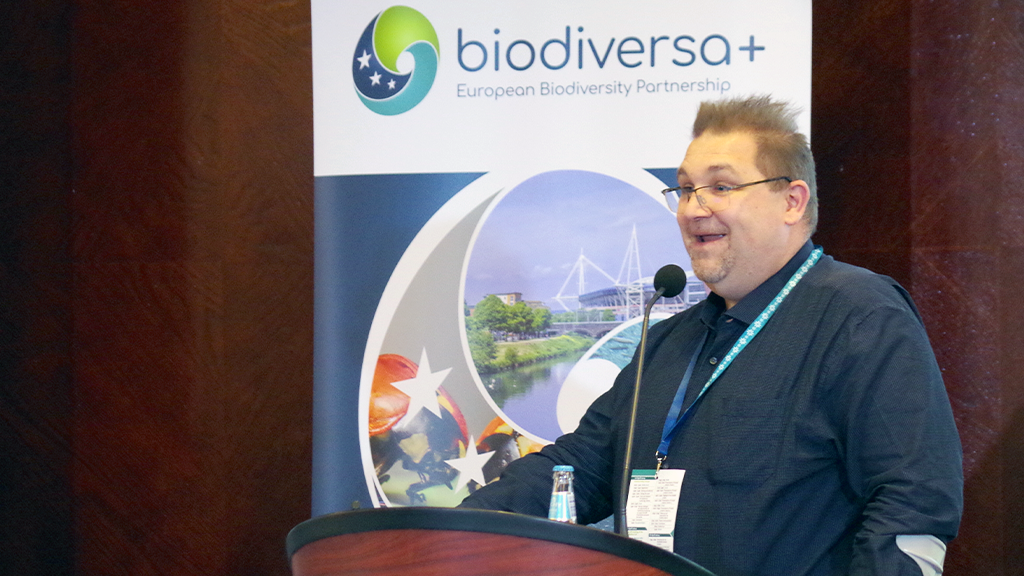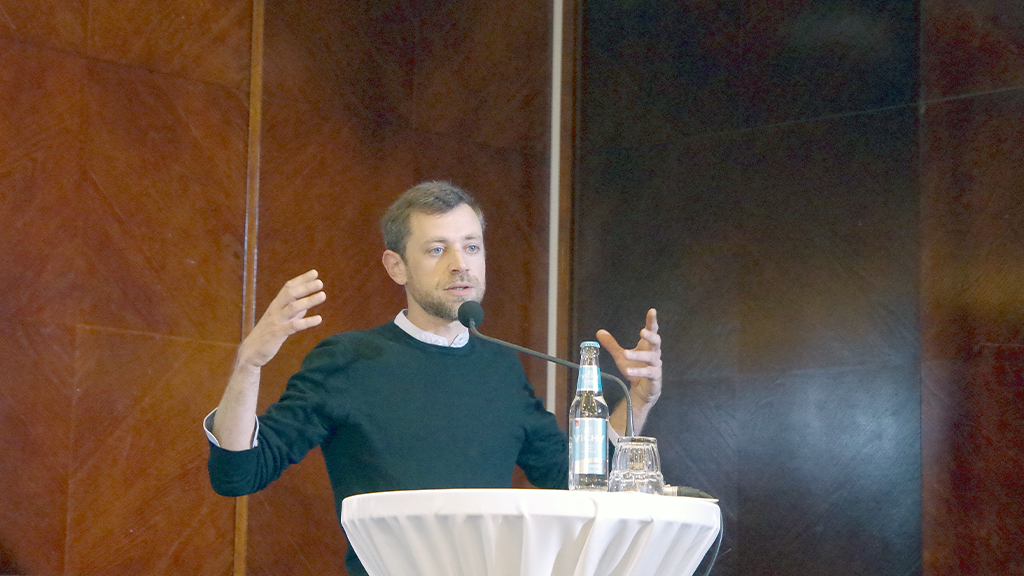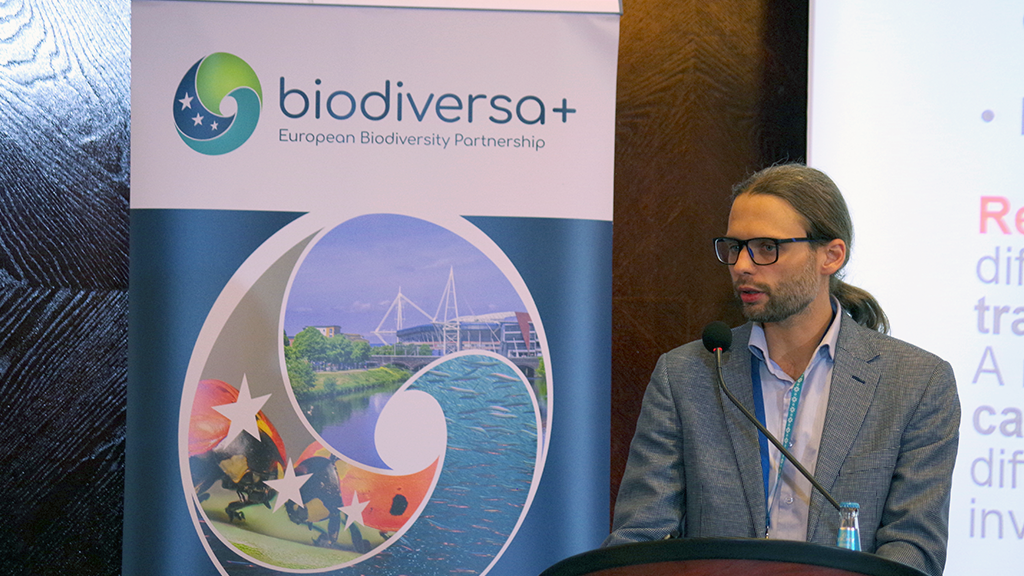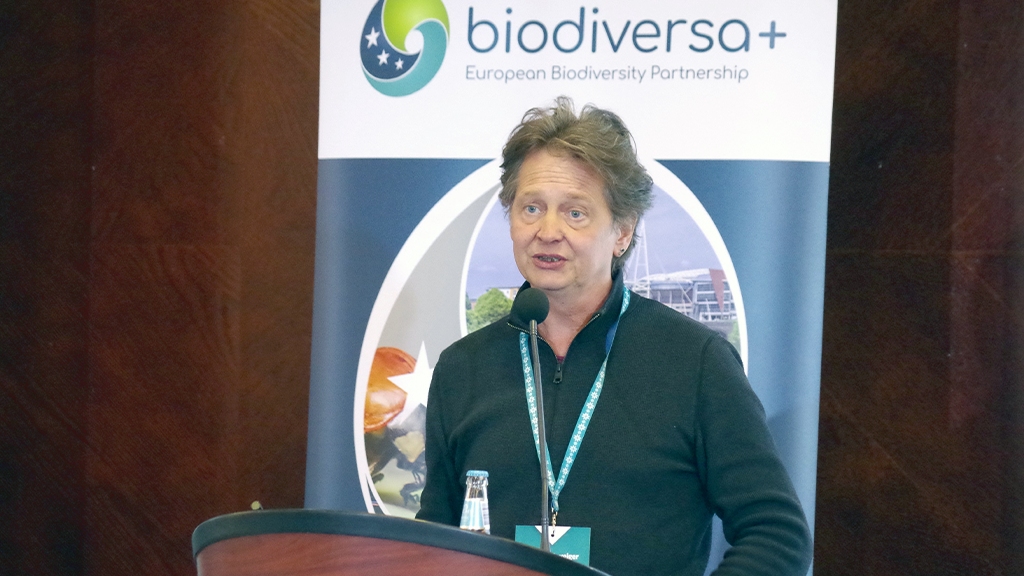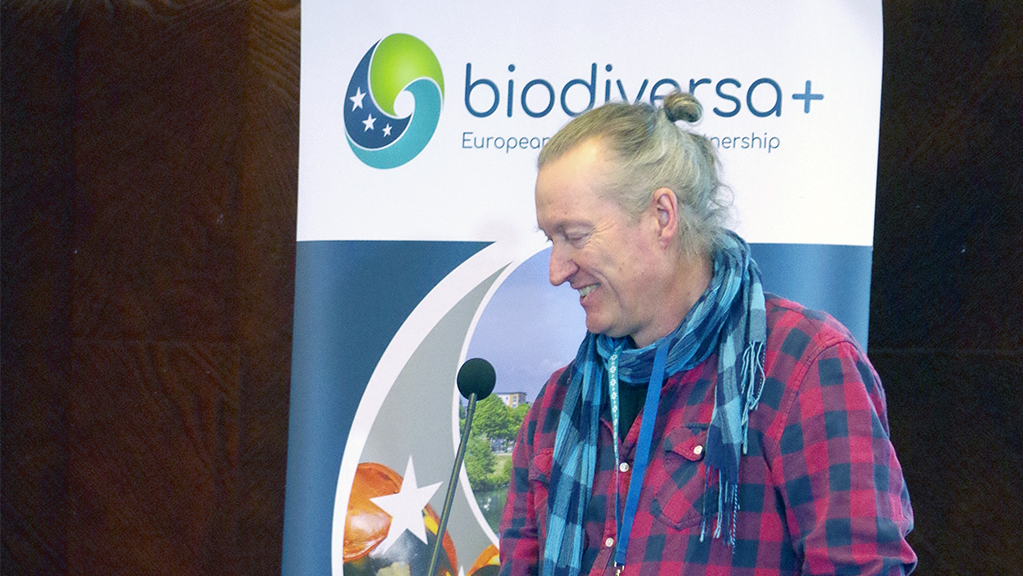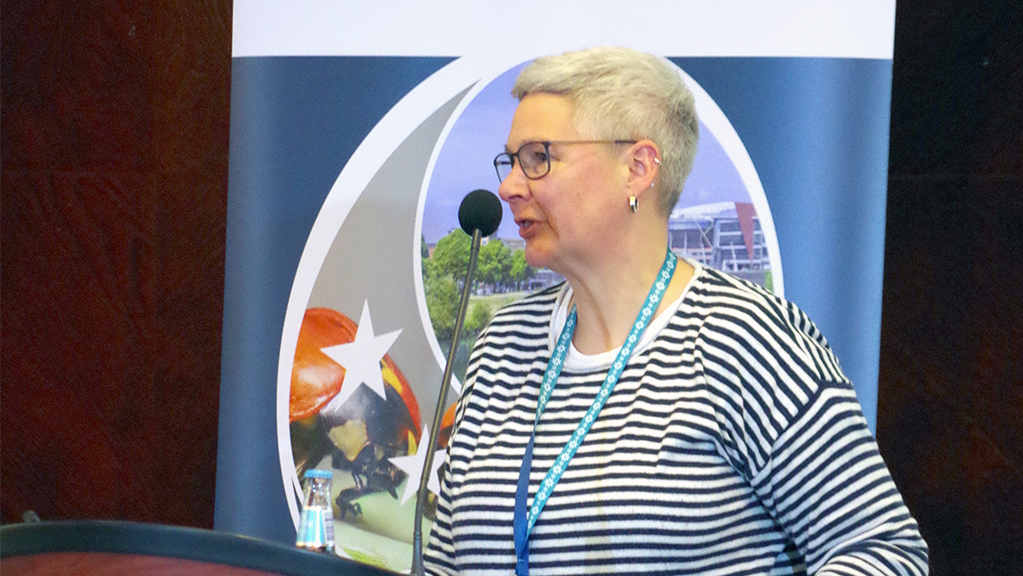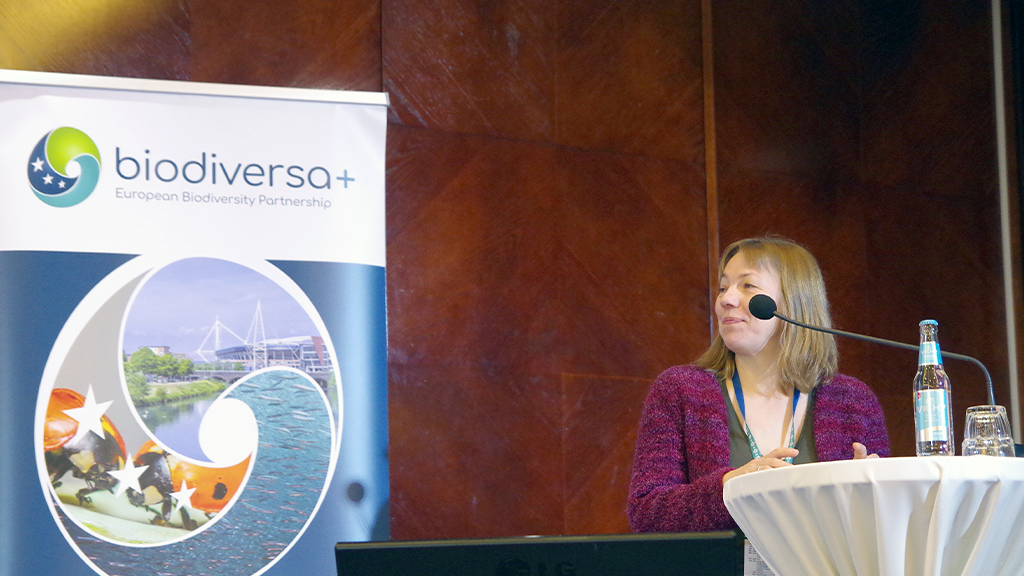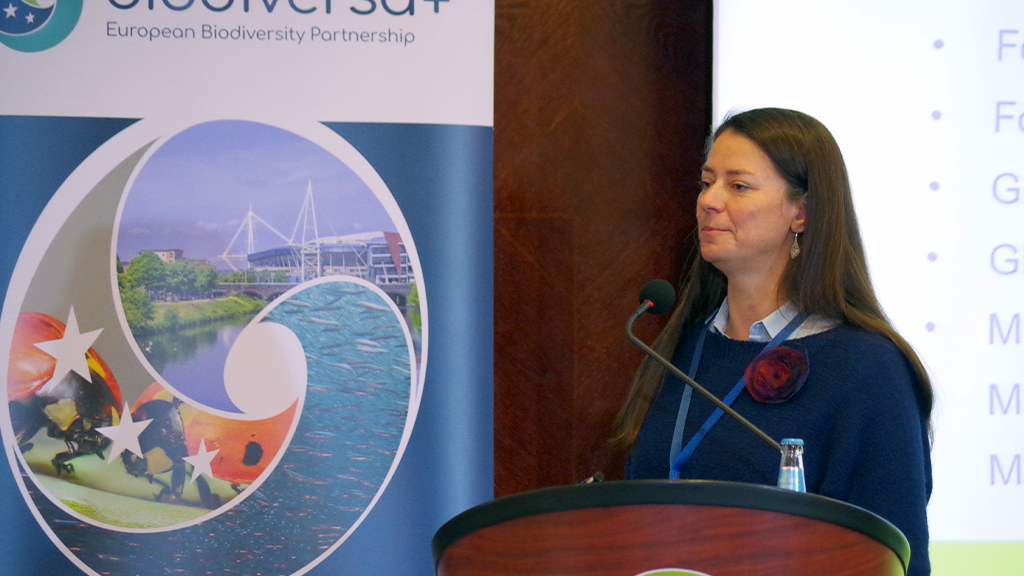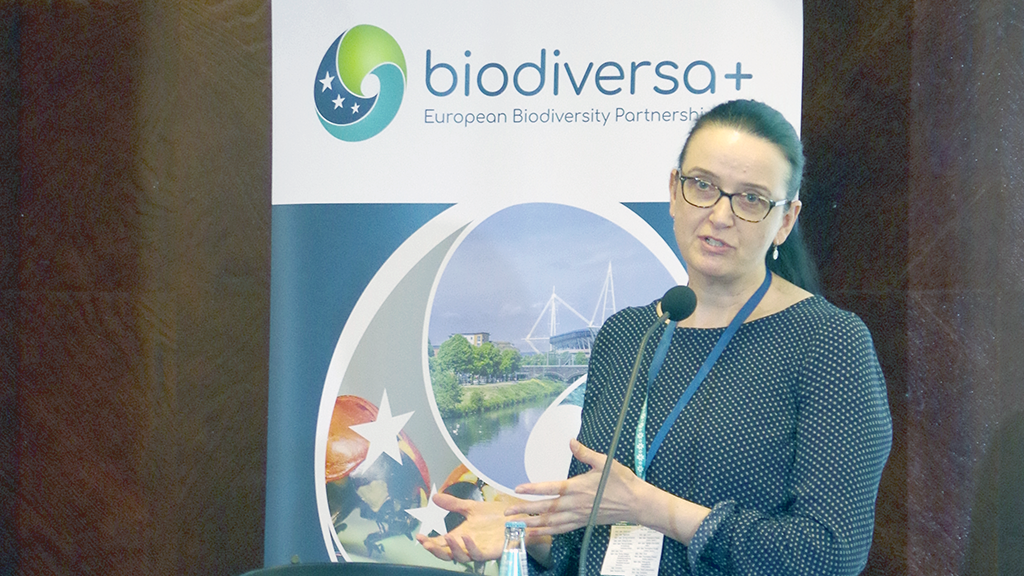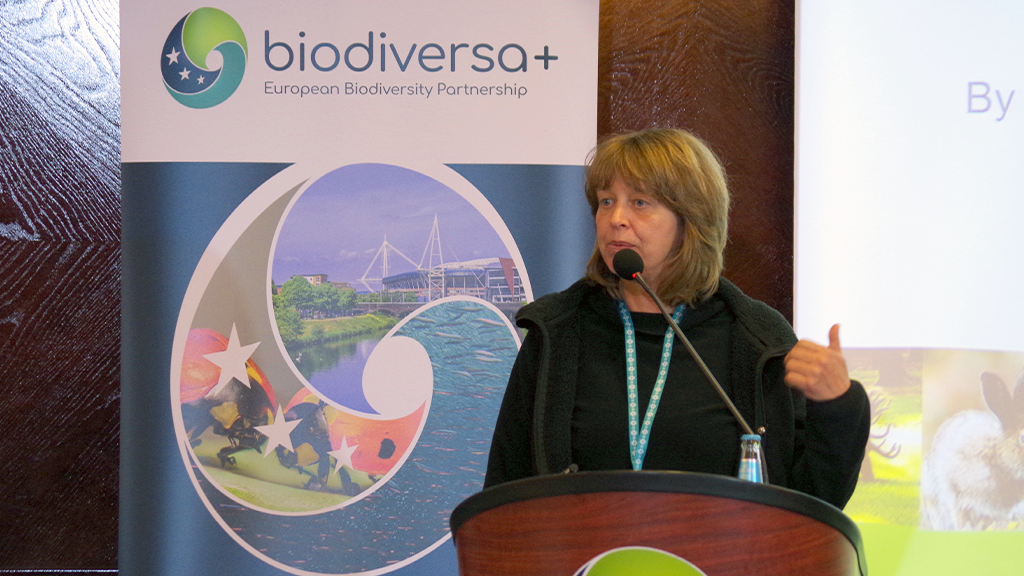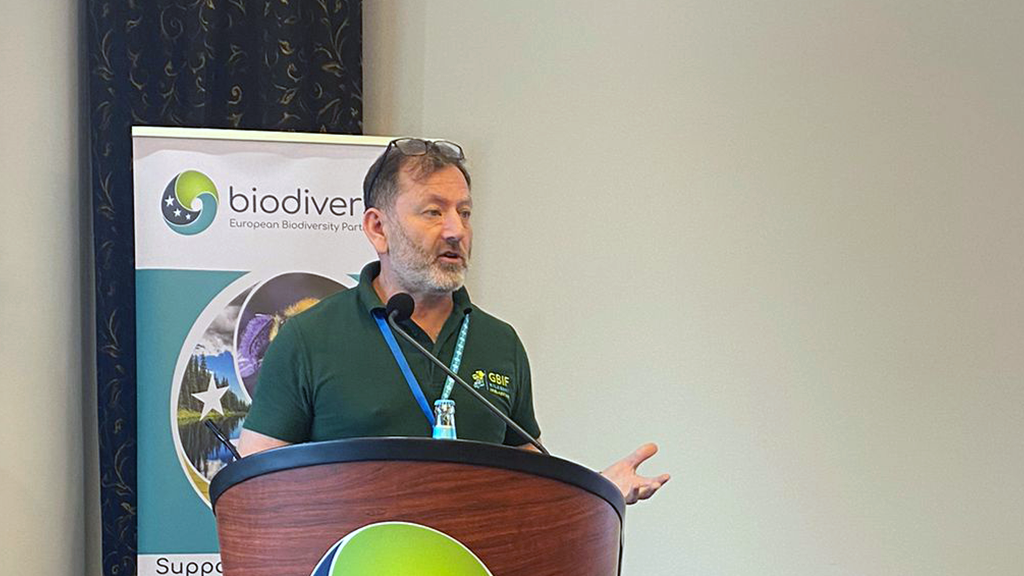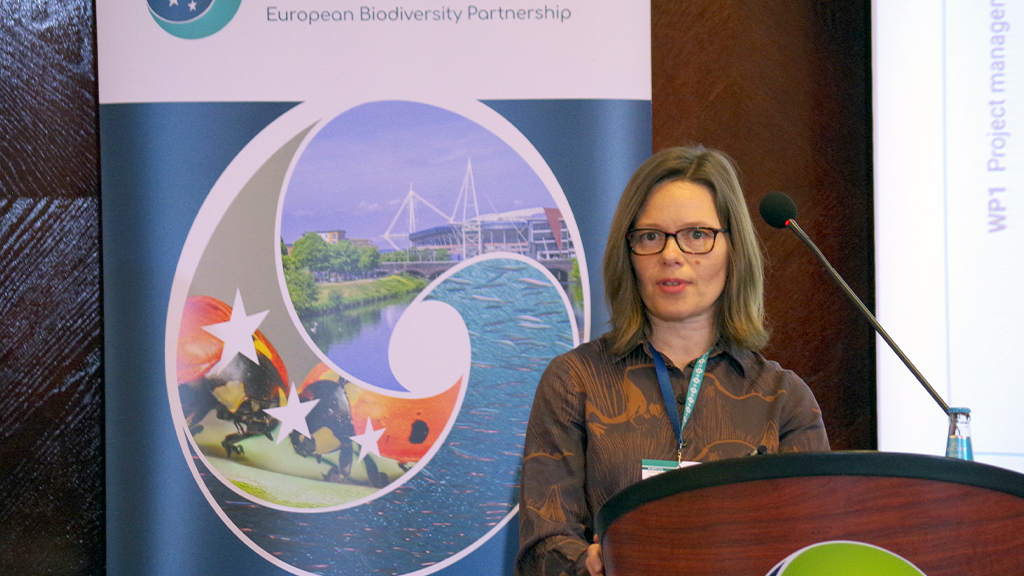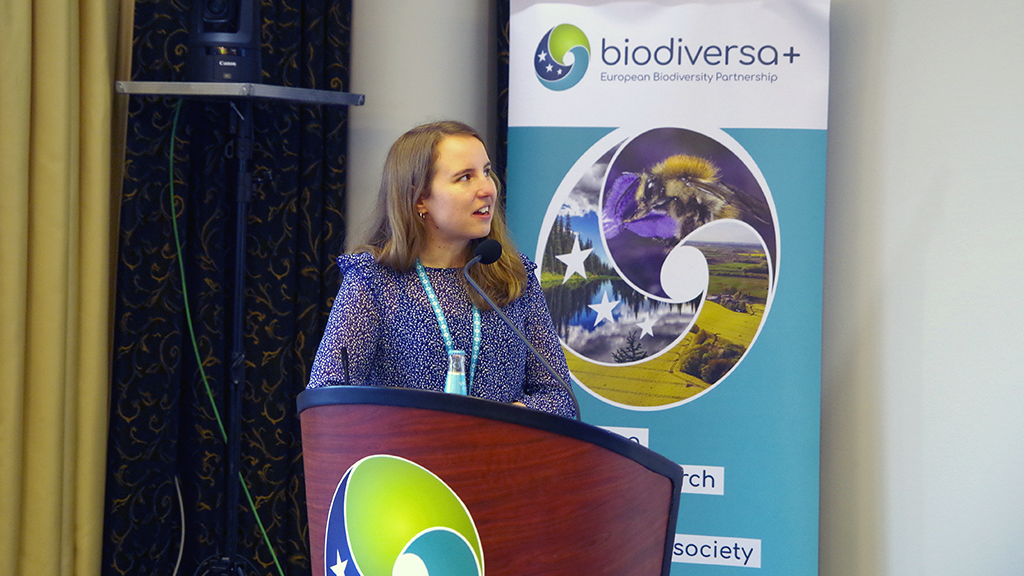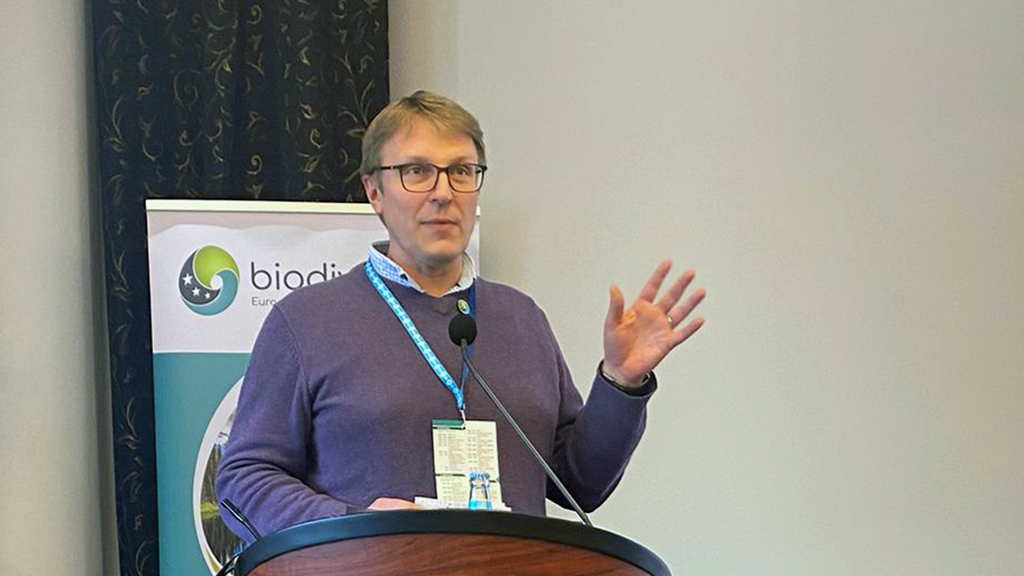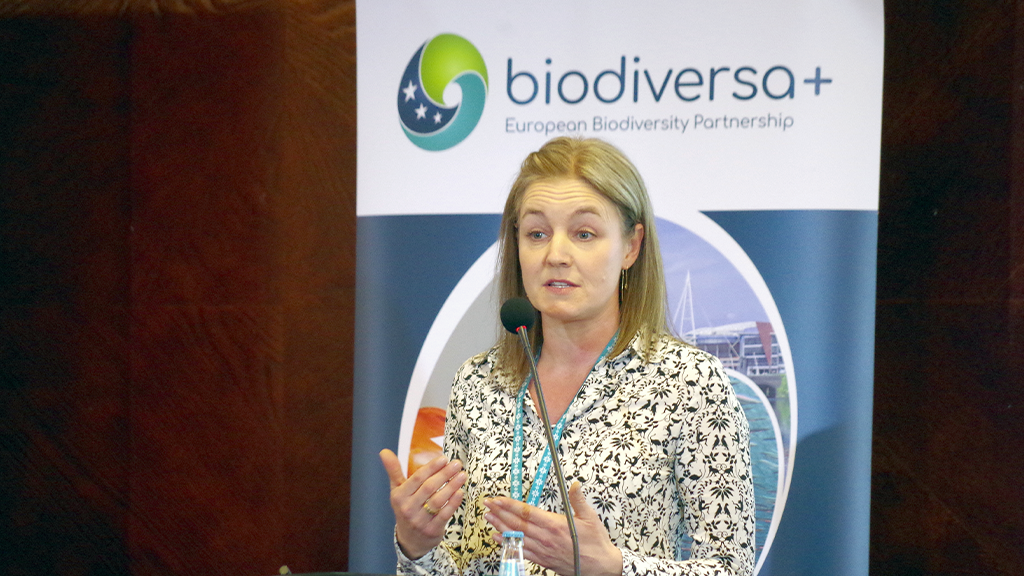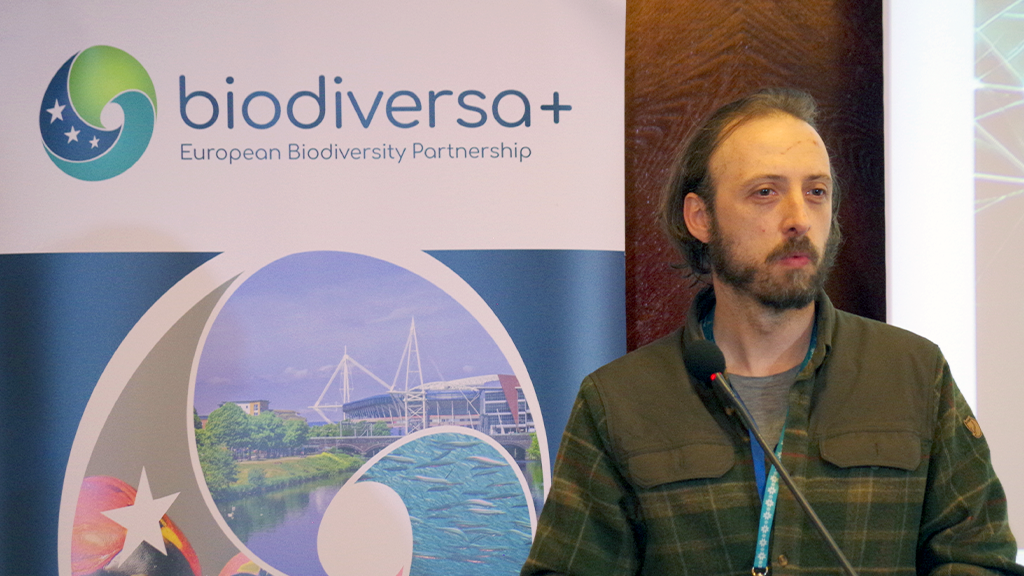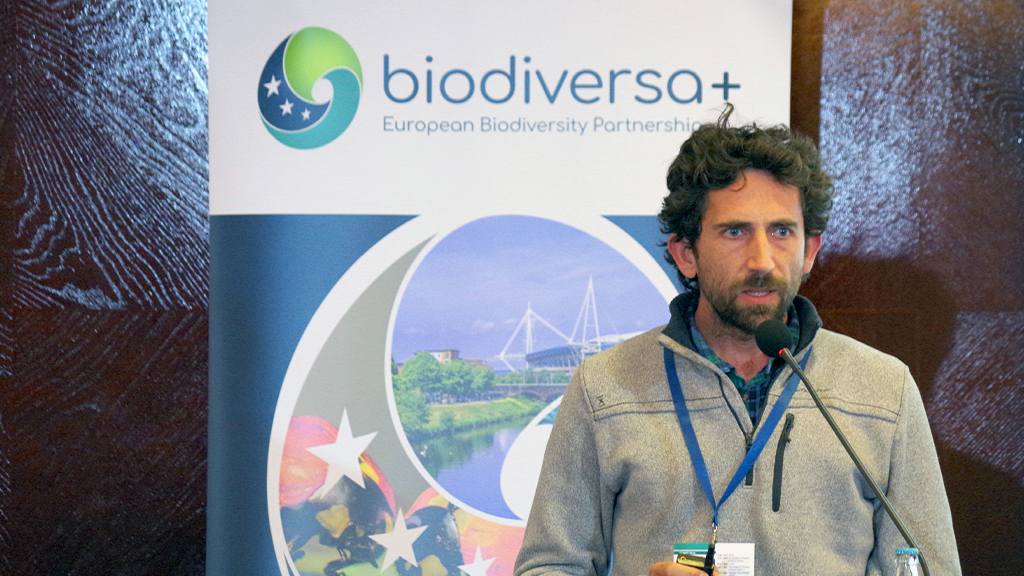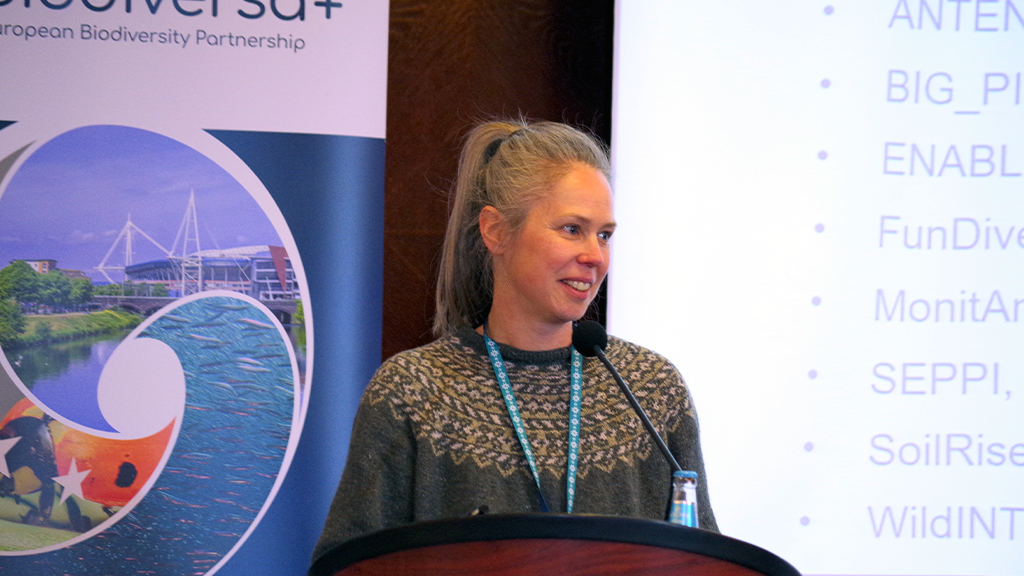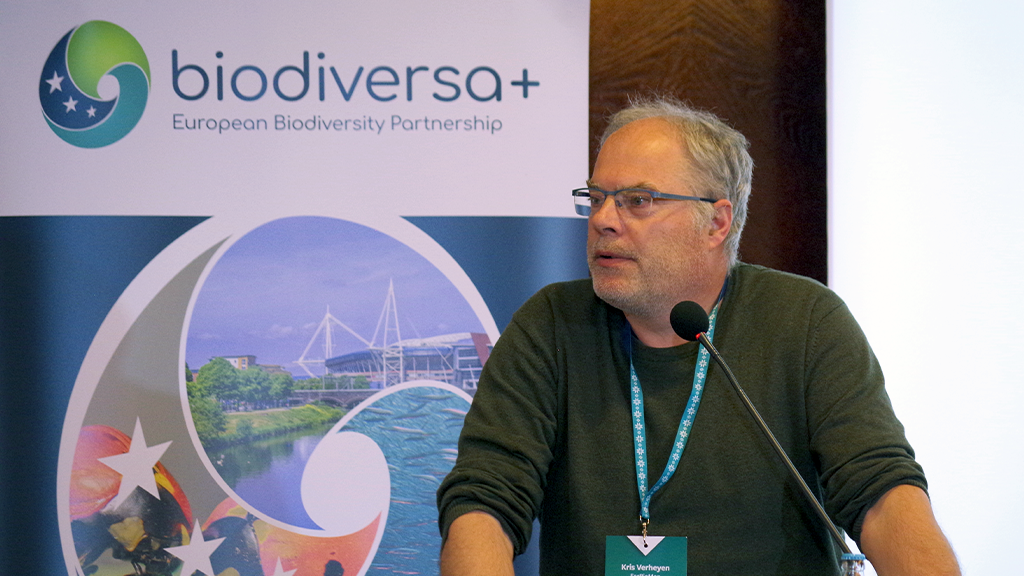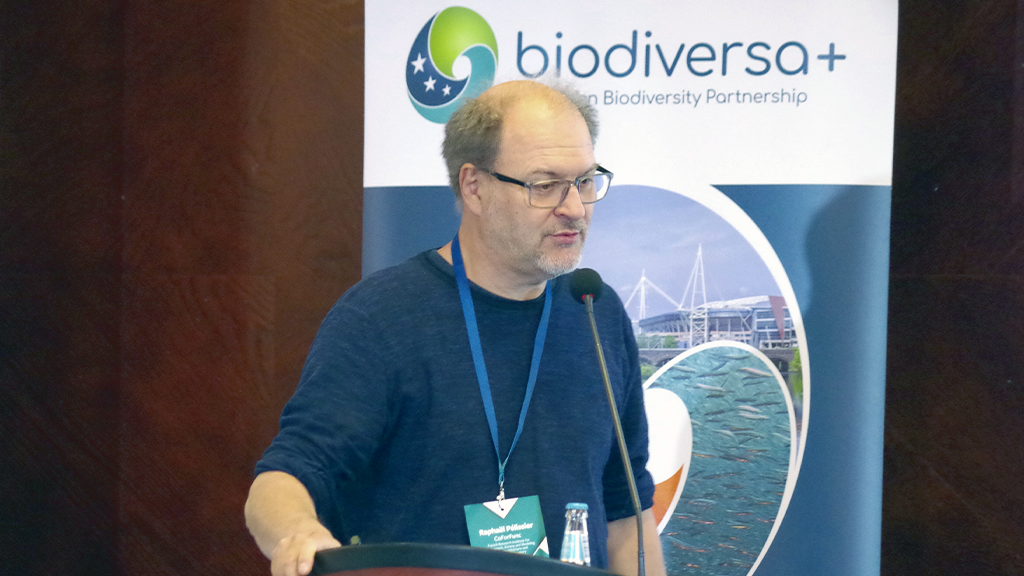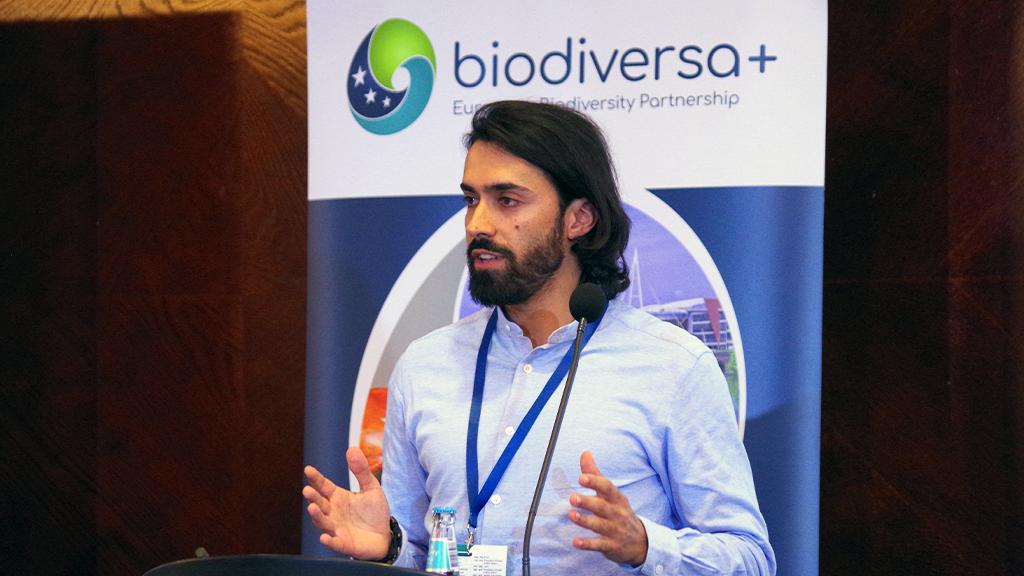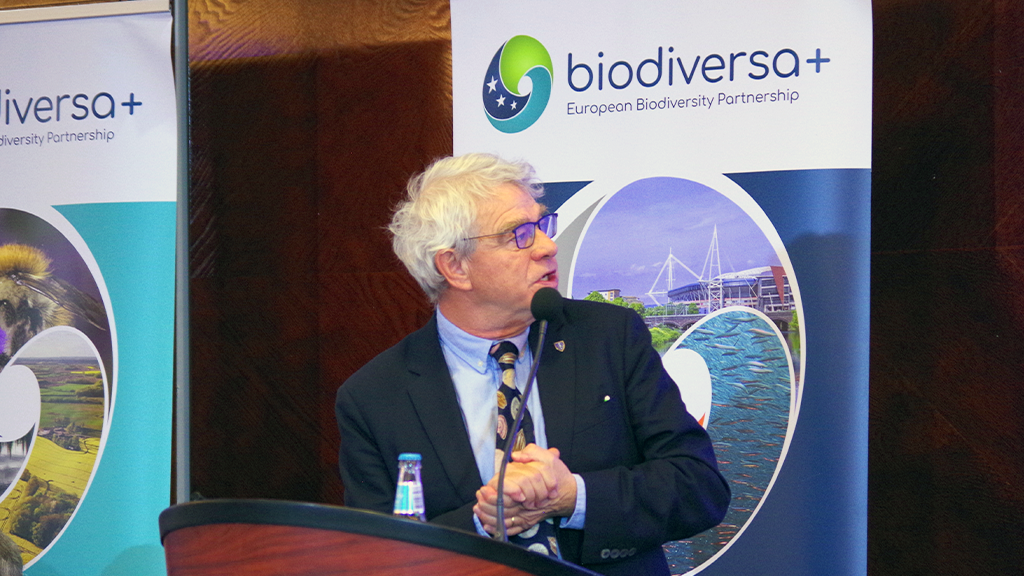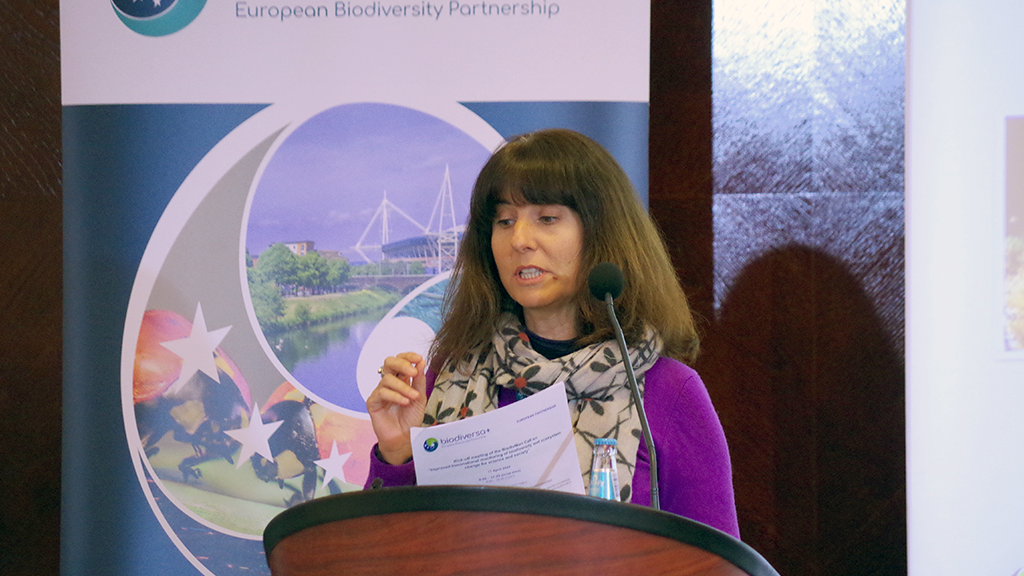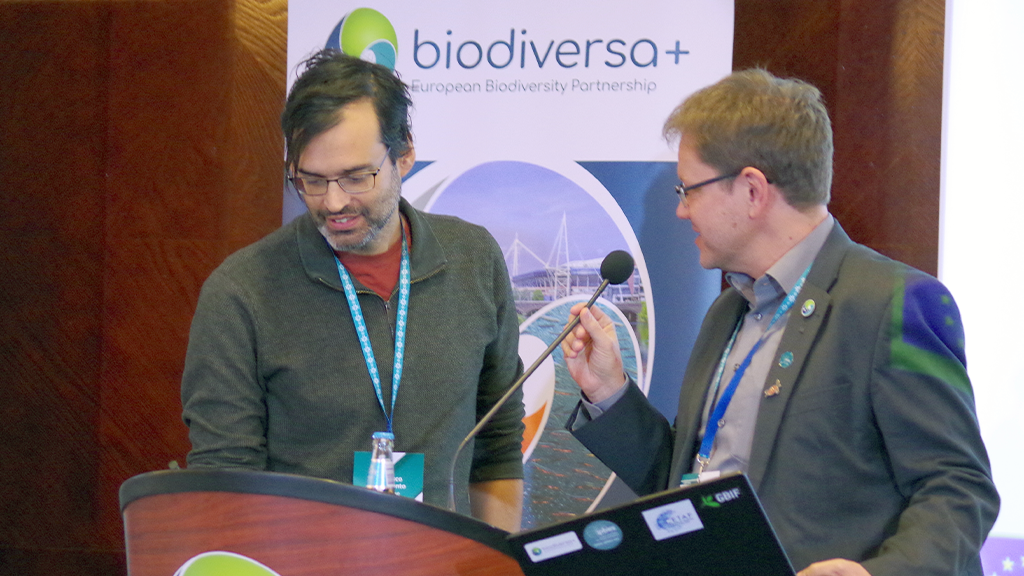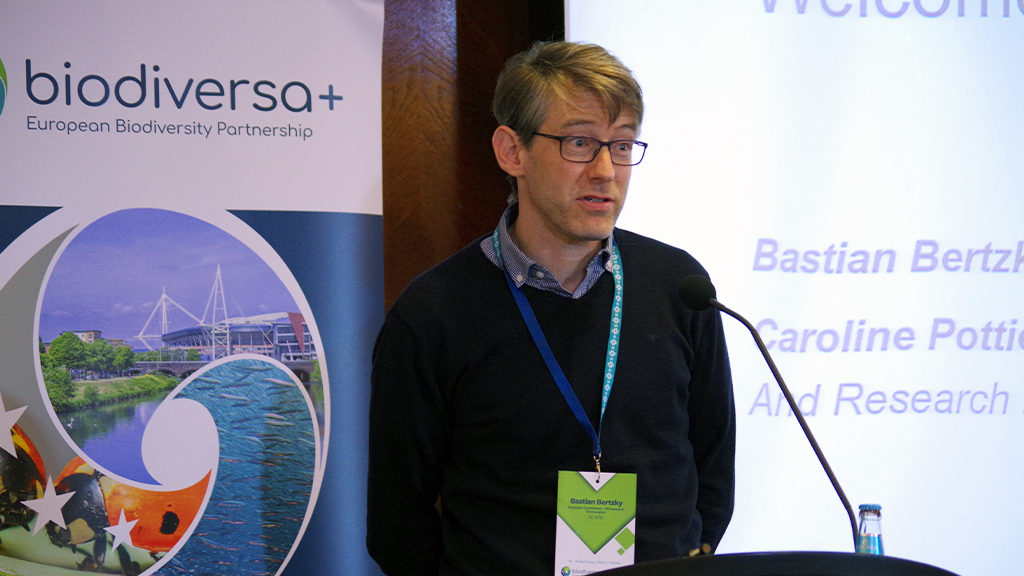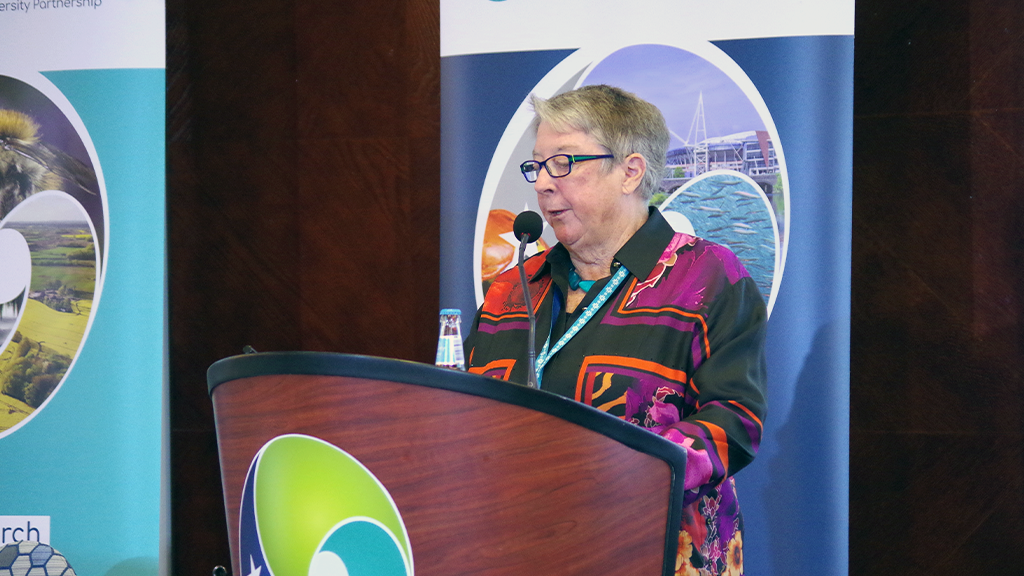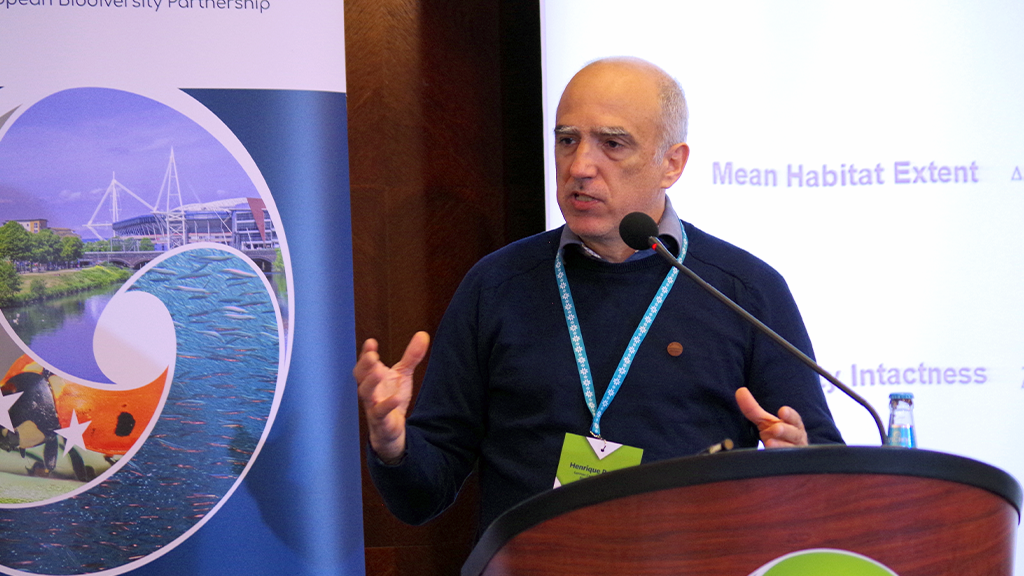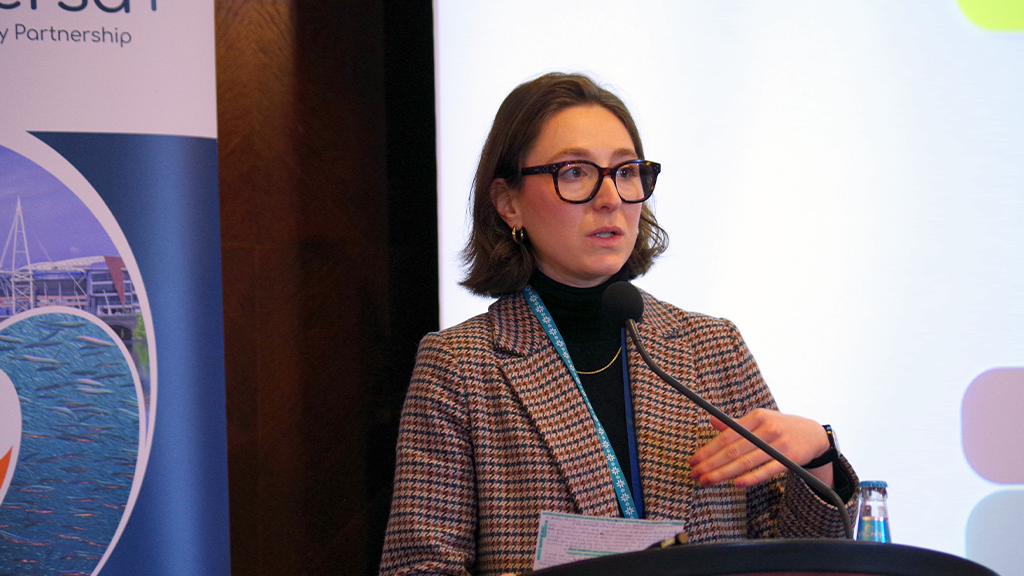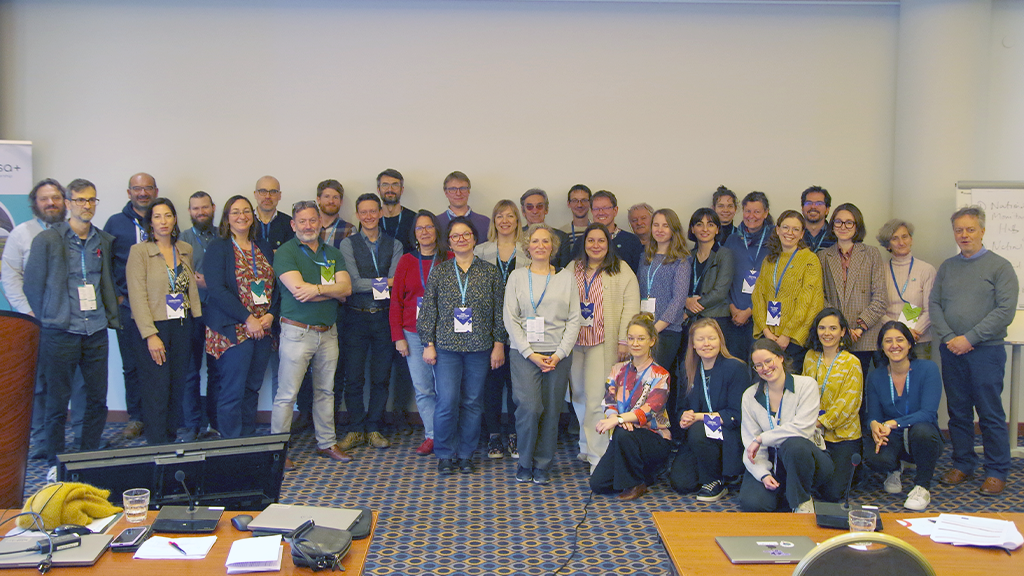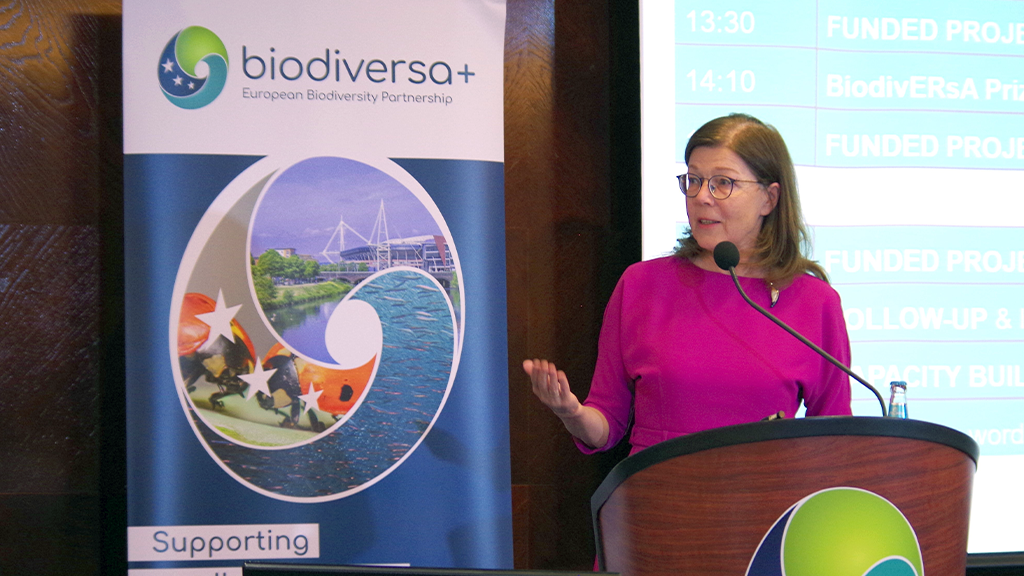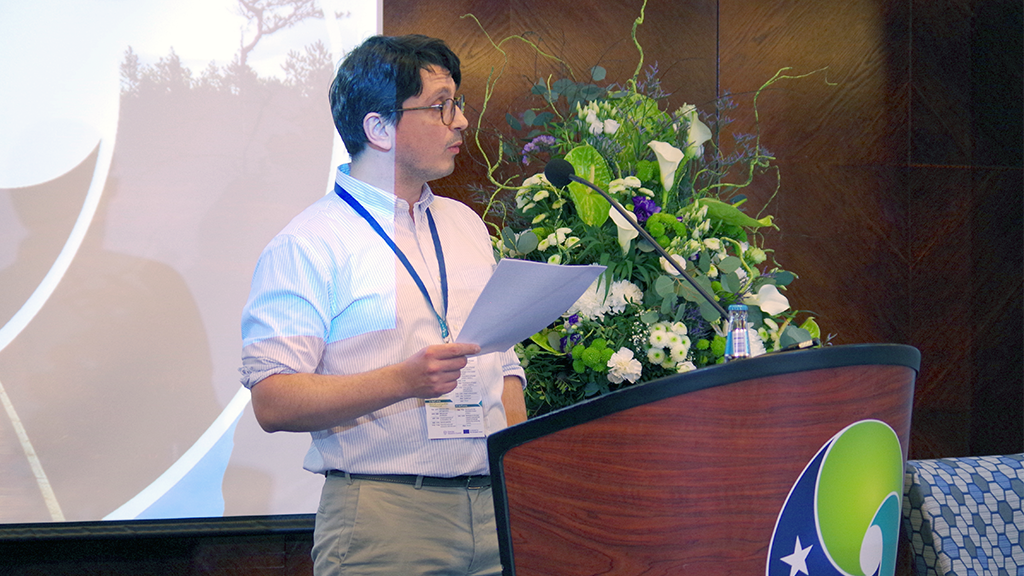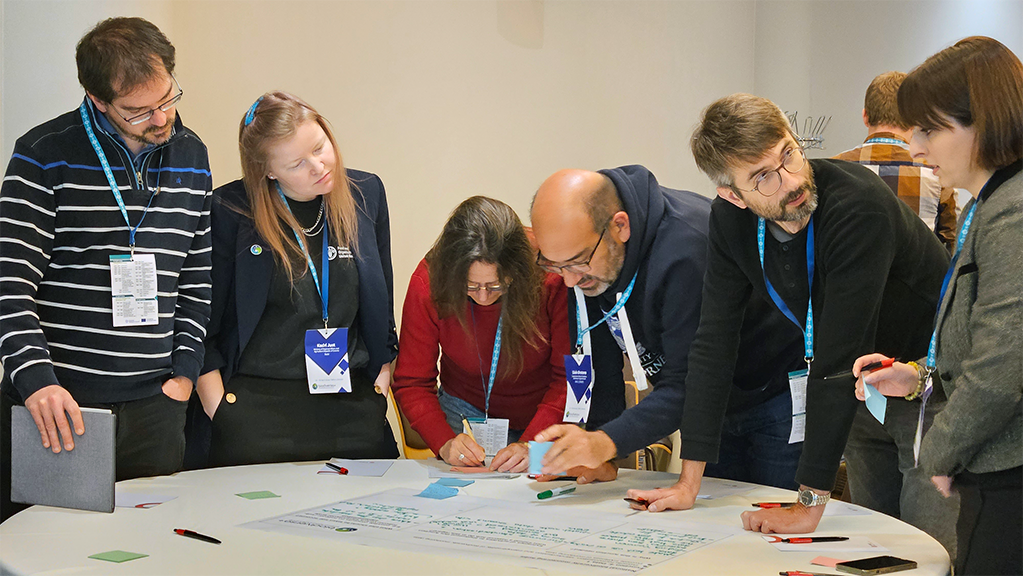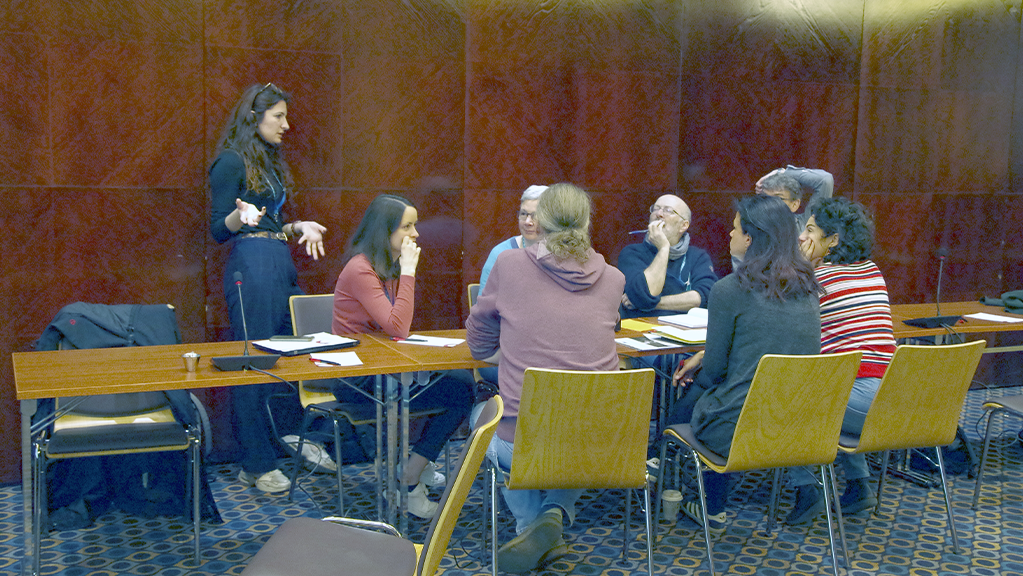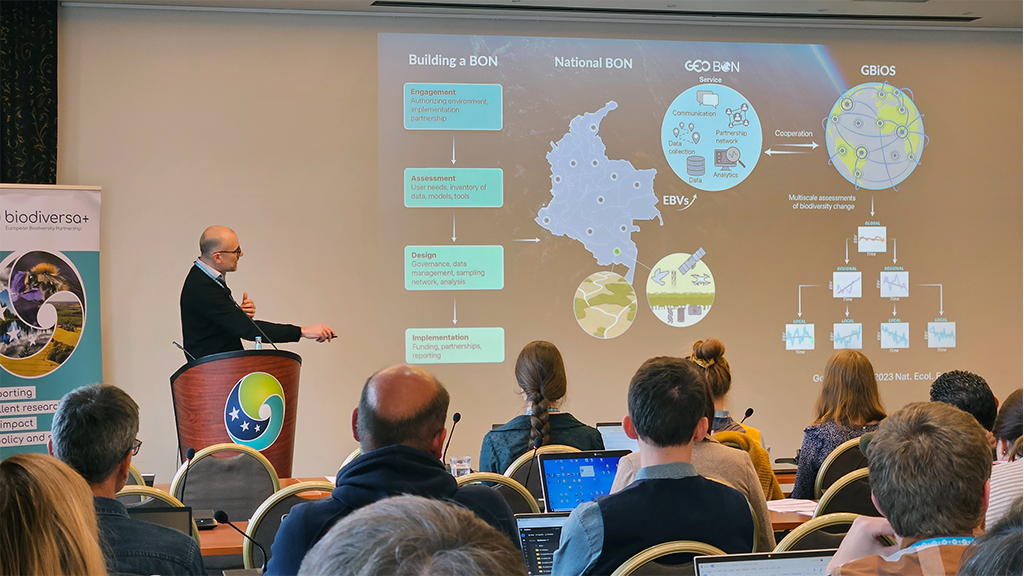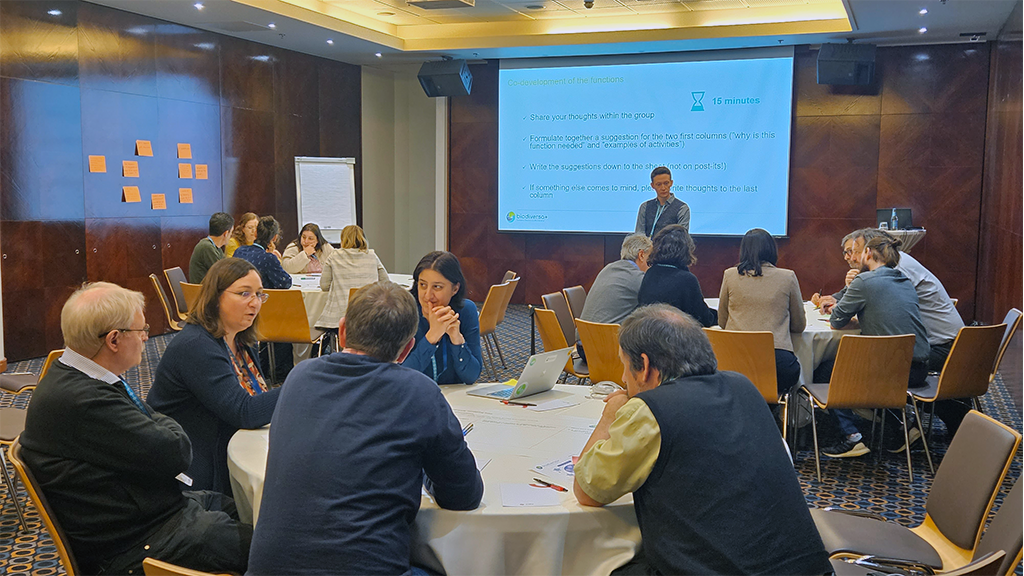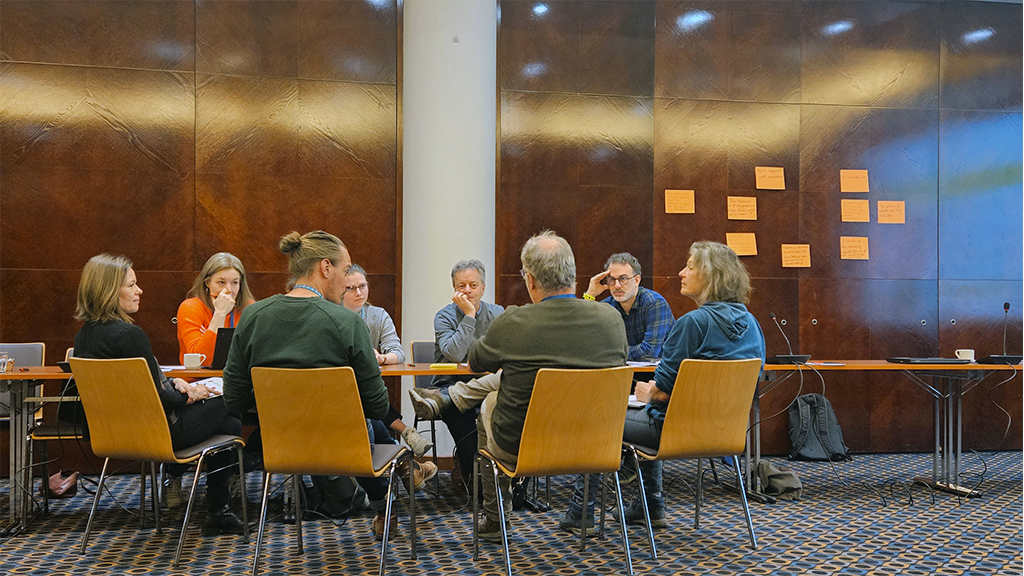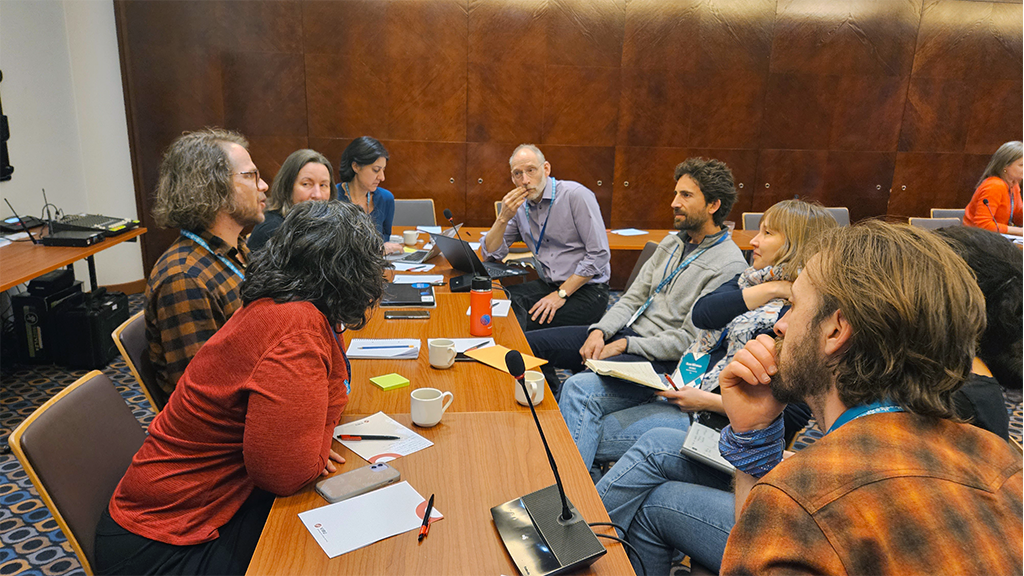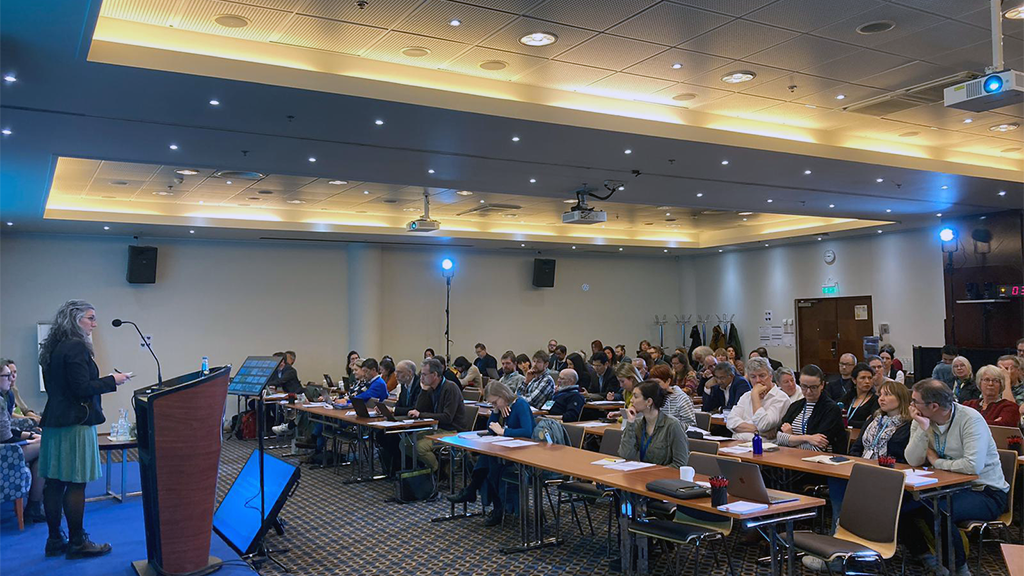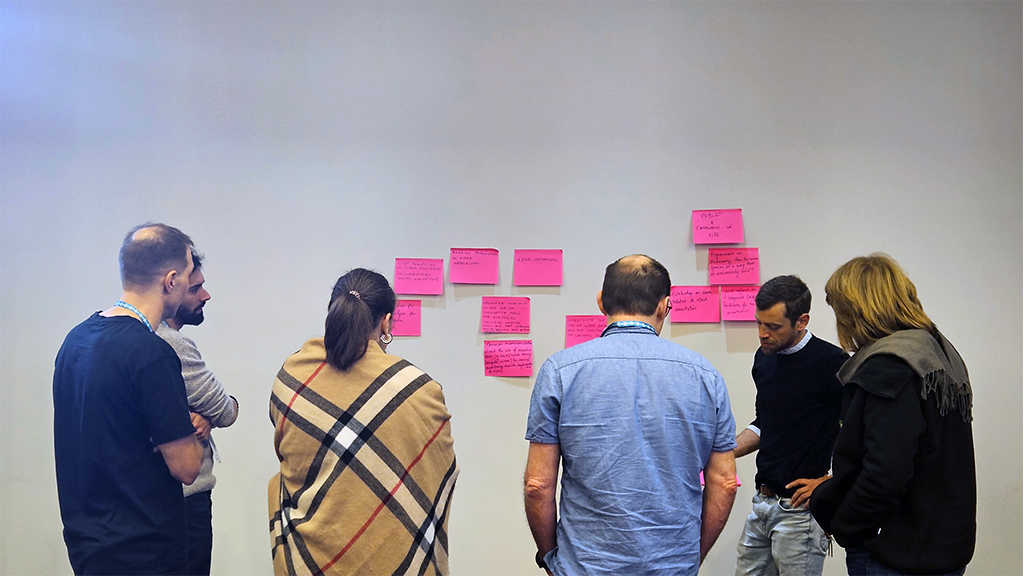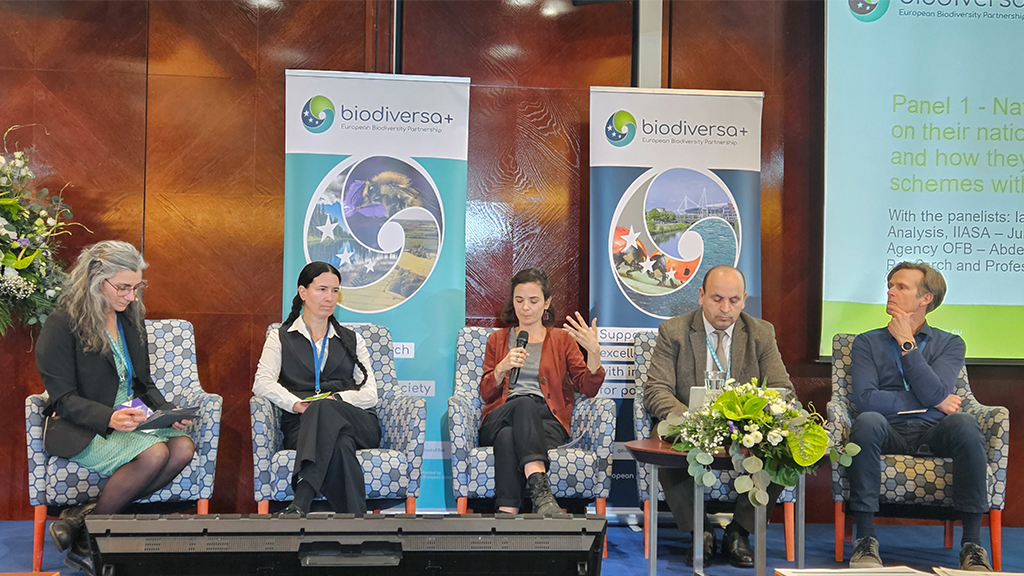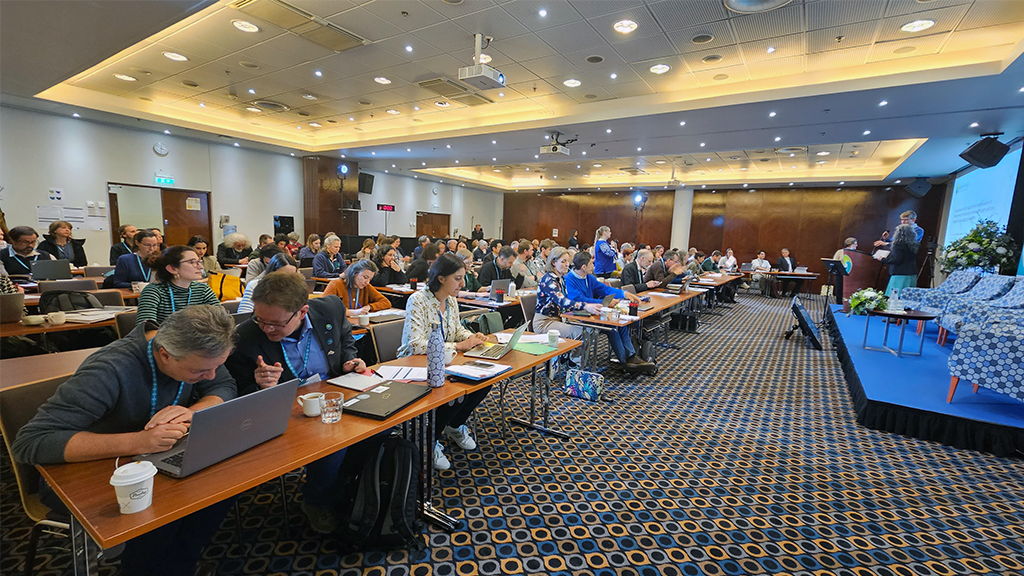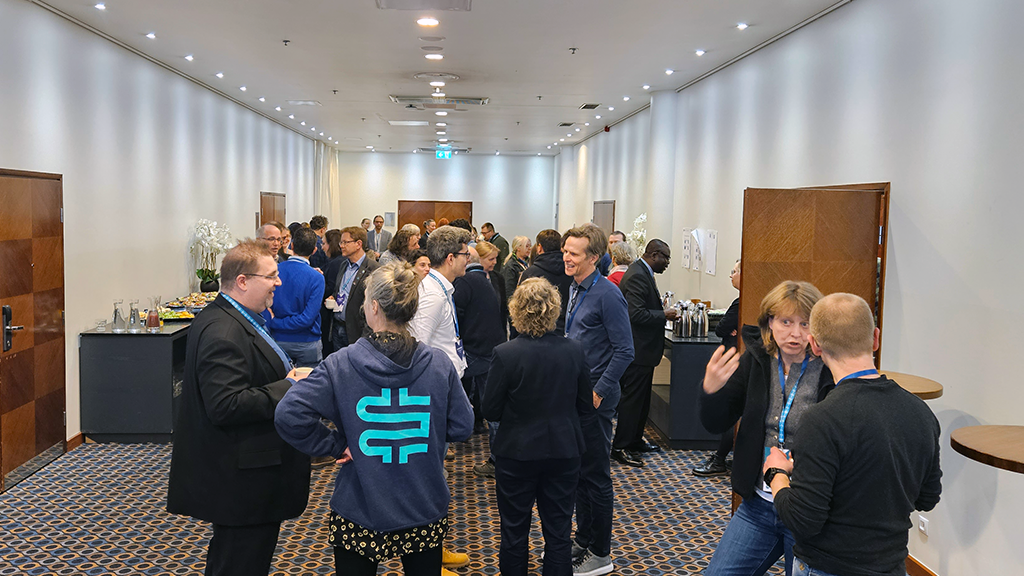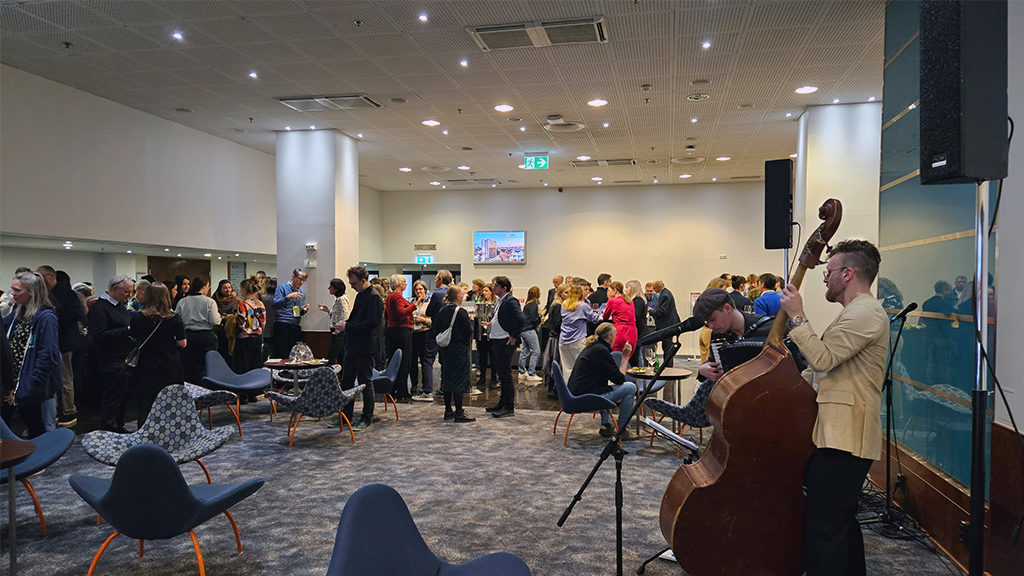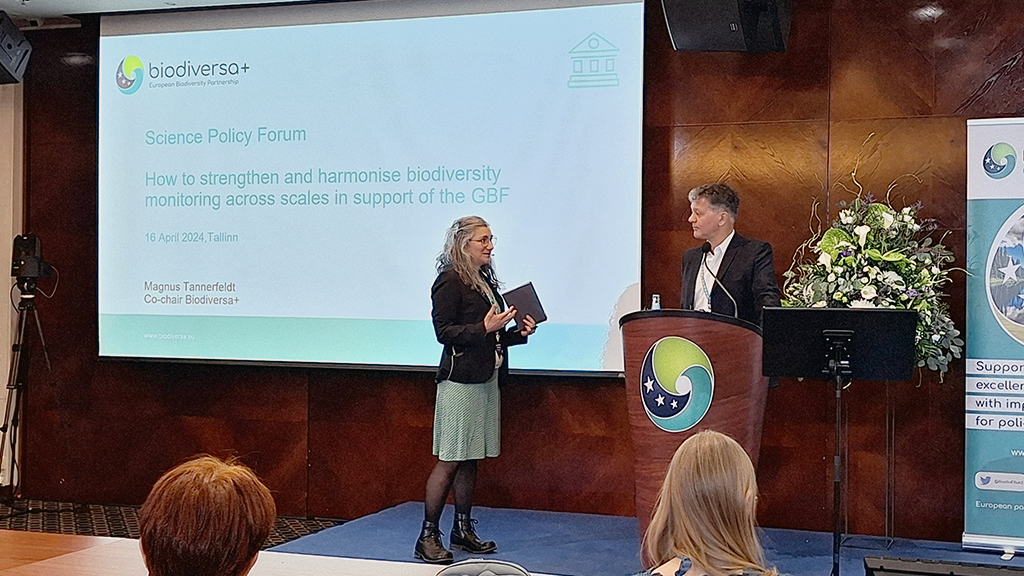On 17 April 2024, Tallinn, Estonia, became a hub for biodiversity research as Biodiversa+ and the Estonian Research Council (ETAG) hosted the kick-off meeting for the 33 research projects funded under the BiodivMon research call. This call, dedicated to “improved transnational monitoring of biodiversity and ecosystem change for science and society”, awards over €46 million to research projects with the potential to significantly impact both society and policy decisions.
The kick-off meeting brought together a diverse group of stakeholders, with around 120 participants attending in person and an additional 160 joining online. Participants included researchers, policy representatives, members of the BiodivMon Evaluation Committee, members of the Biodiversa+ Advisory Board, and representatives of Biodiversa+ partner organisations, including many of the funding bodies that contributed to the call.
A catalyst for collaboration and knowledge exchange
Three keynote speakers set the stage for the discussions:
- Judith Fisher (University of Western Australia, member of the BiodivMon Evaluation Committee) presented the results of the call. Highlighting how the funded projects incorporate processes for strong transnationality and stakeholder involvement, she drew parallels with the criteria for successful implementation of the Kunming-Montreal Global Biodiversity Framework.
- Henrique Pereira (German Centre for Integrative Biodiversity Research, coordinator of the EuropaBON project) presented the current state of biodiversity monitoring in Europe. Introducing the forthcoming European Biodiversity Observation Coordination Centre (EBOCC), he focused on issues related to the selection and specification of Essential Biodiversity Variables (EBVs).
- Steve Hawkins (University of Southampton, member of the Biodiversa+ Advisory Board) focused on the critical aspect of sustained monitoring. Using the case of the English Channel, where marine biodiversity has been monitored for over a hundred years, he highlighted the fragility of time series and the importance of distinguishing between local/regional impacts and global change.
Following the keynote presentations, the funded projects had the opportunity to showcase their work, fostering discussions and exploring potential areas of collaboration.
Maximising the impact through collaboration
This collaborative element is crucial for maximising impact. The BiodivMon kick-off meeting was strategically organised back-to-back with our Science-Policy Forum dedicated to monitoring and KMGBF implementation as well as capacity-building & clustering workshops specifically for the funded projects. This combined approach allowed for a comprehensive exchange of ideas between researchers, policymakers, and other stakeholders, paving the way for successful implementation.
To learn more about the results of the call and the funded projects, read the BiodivMon brochure.
